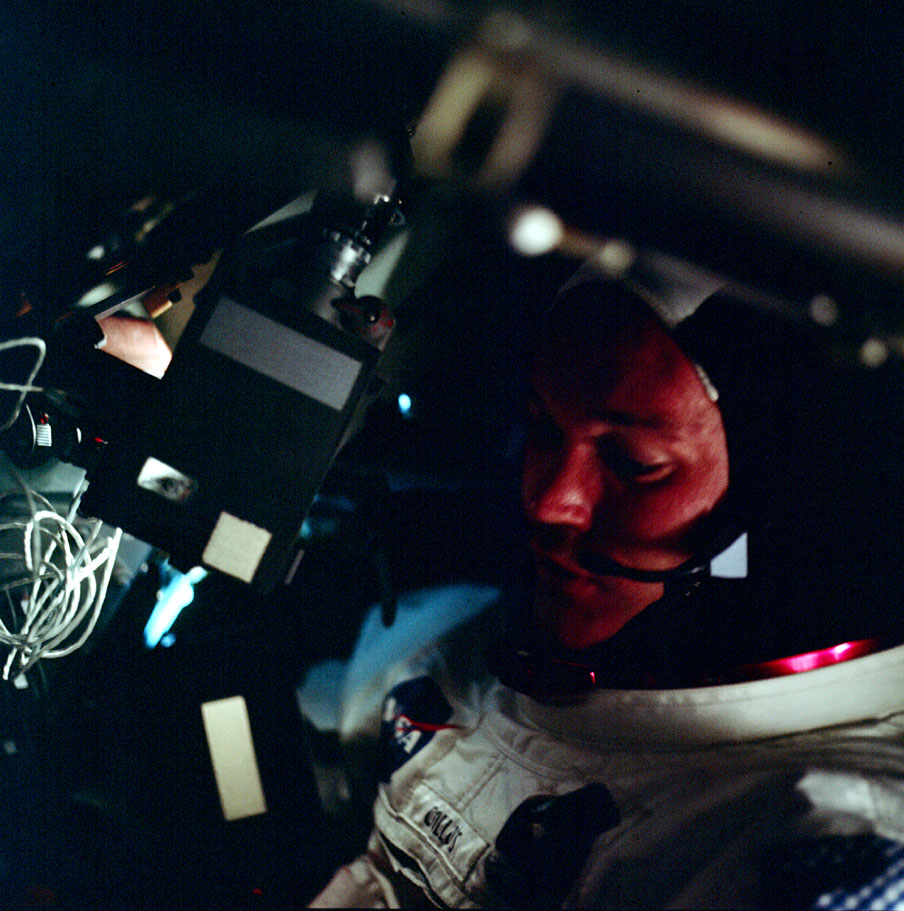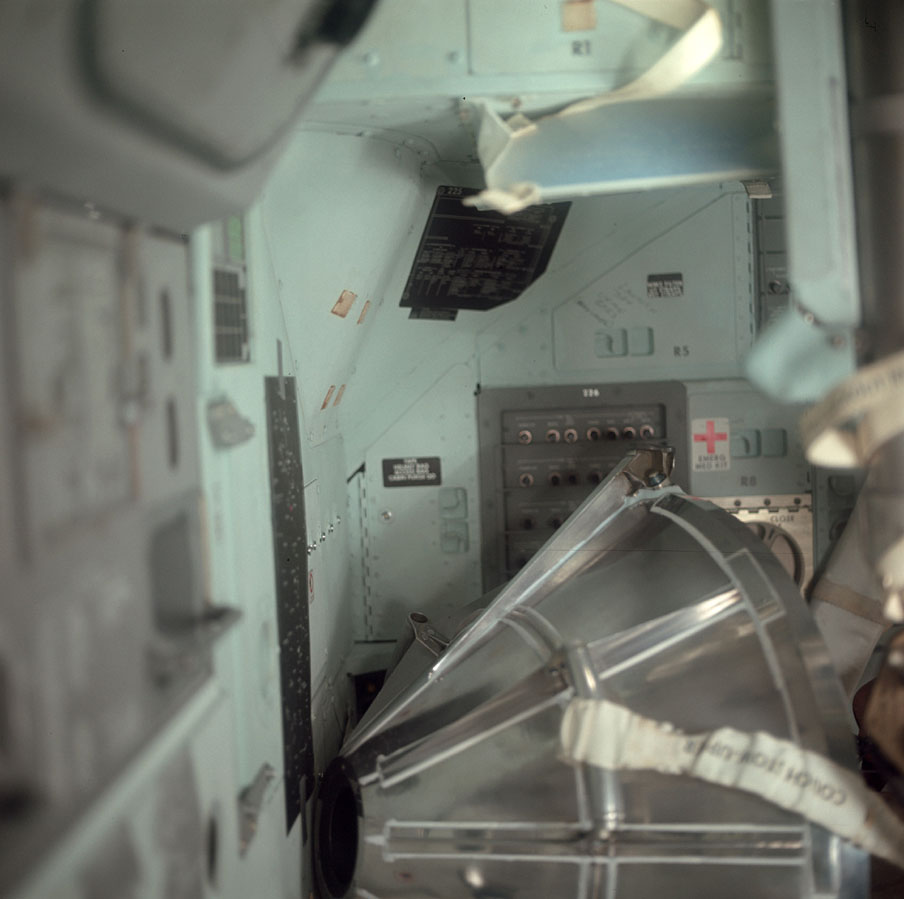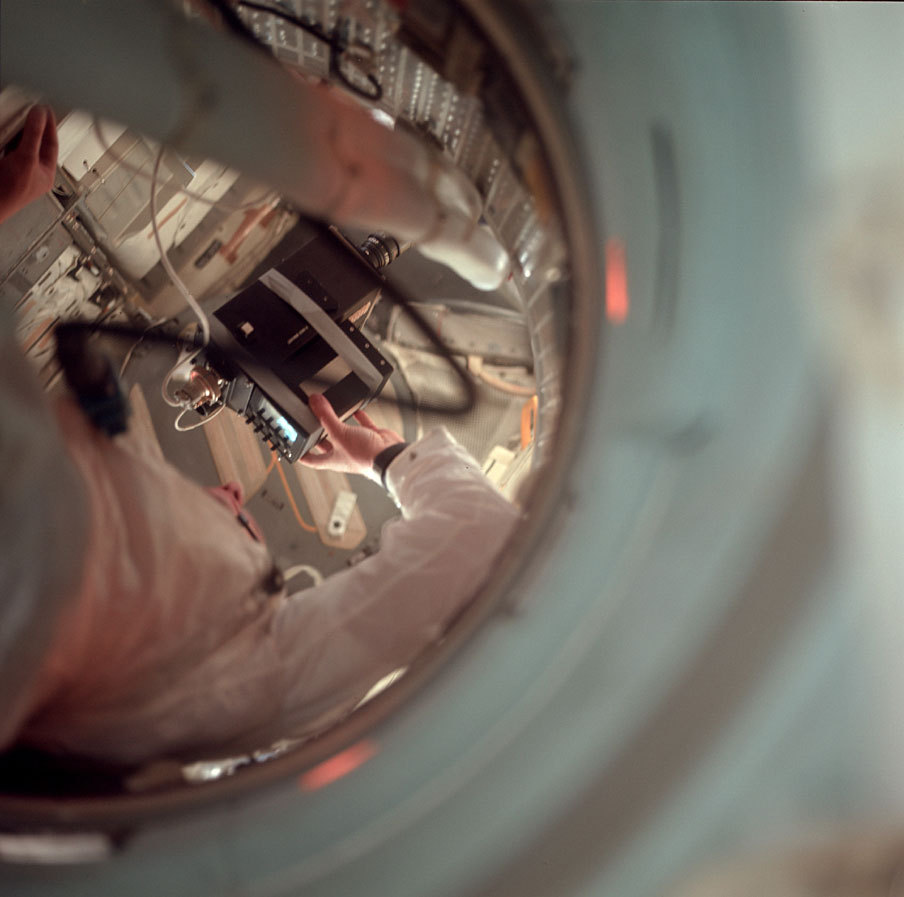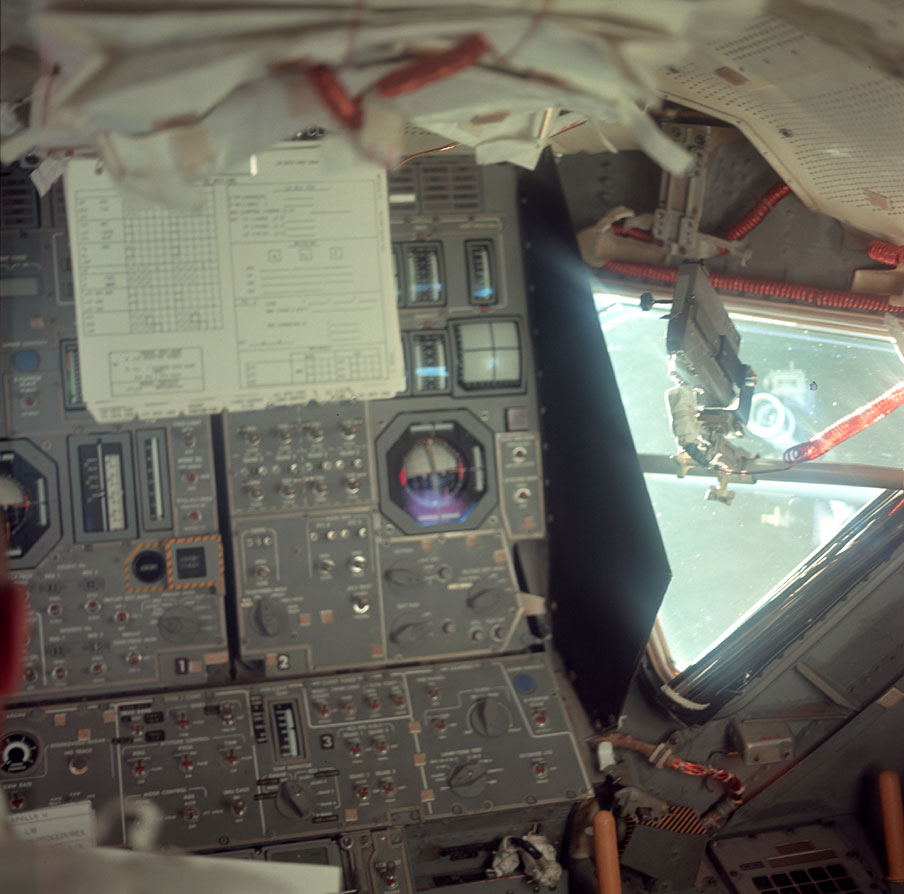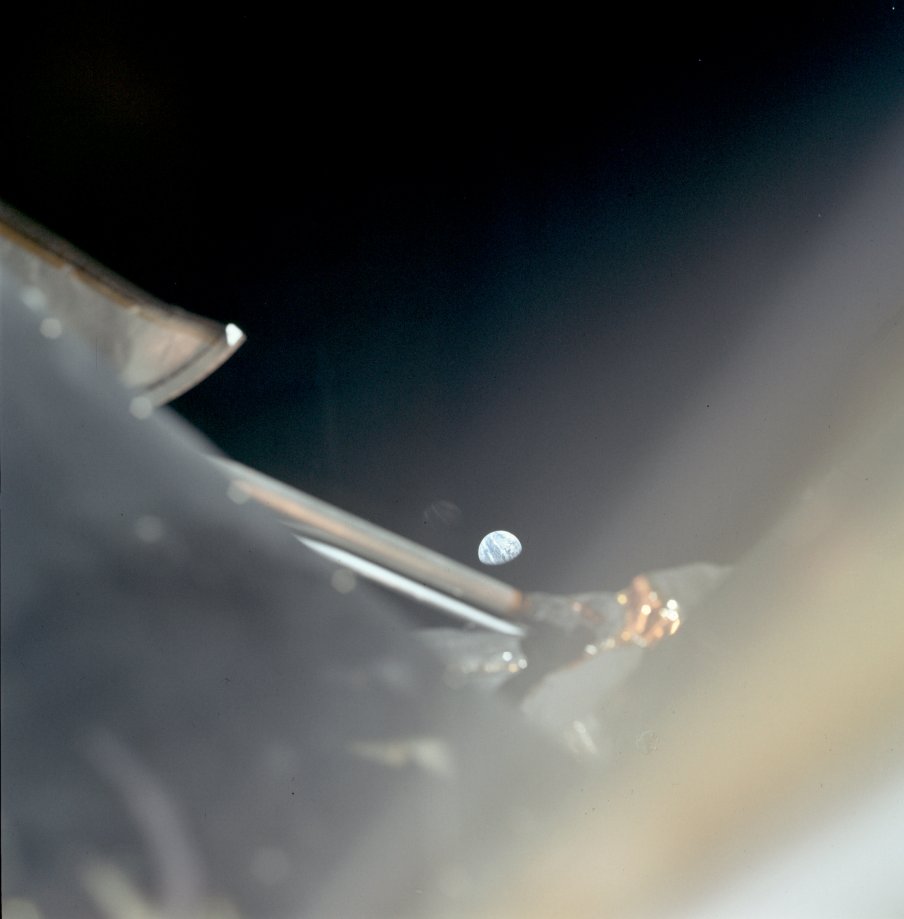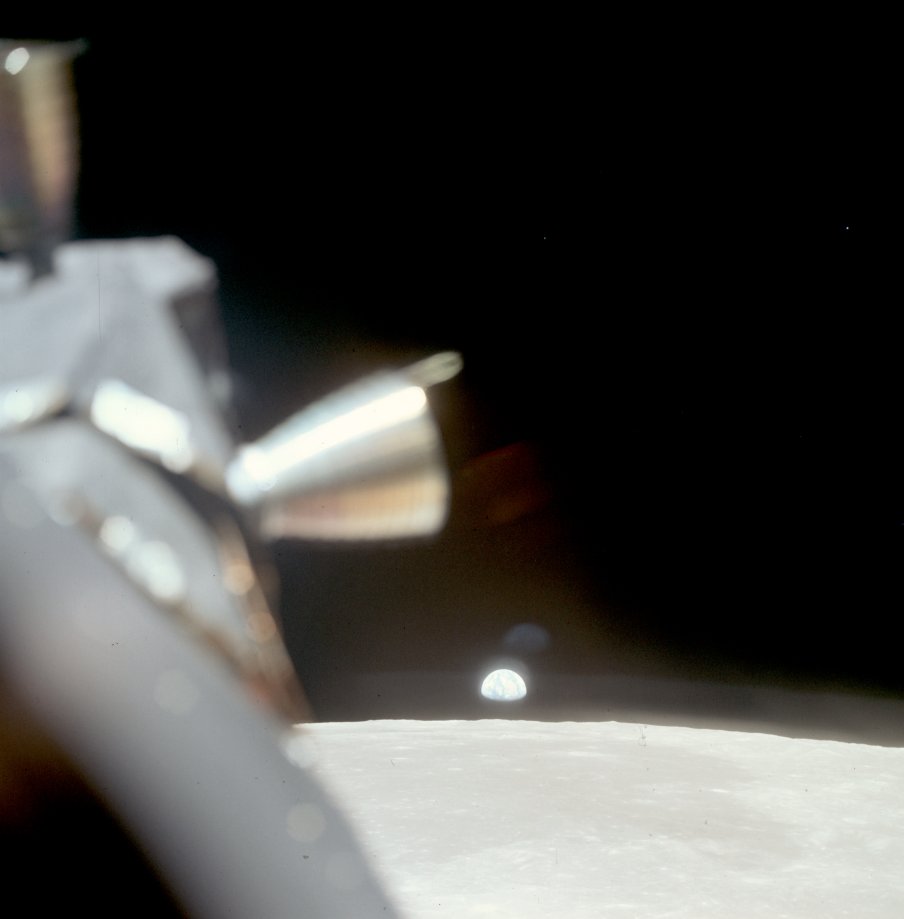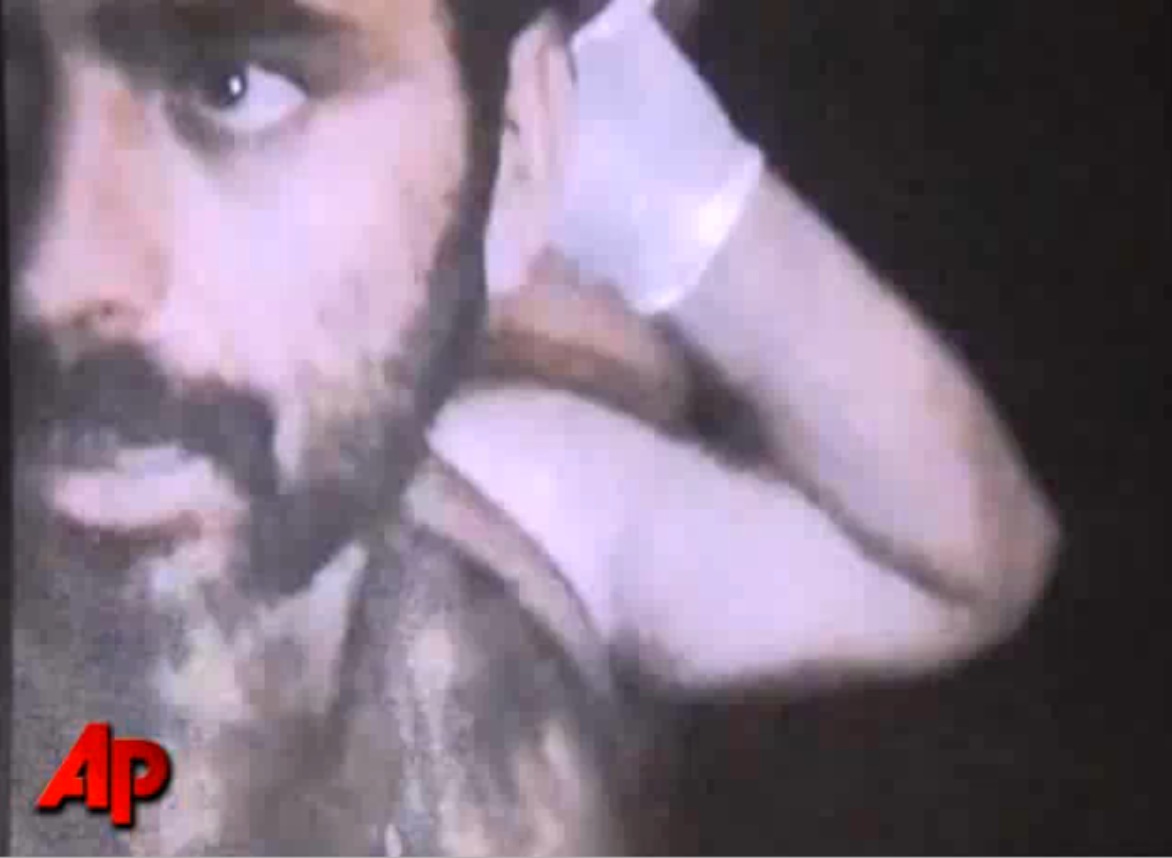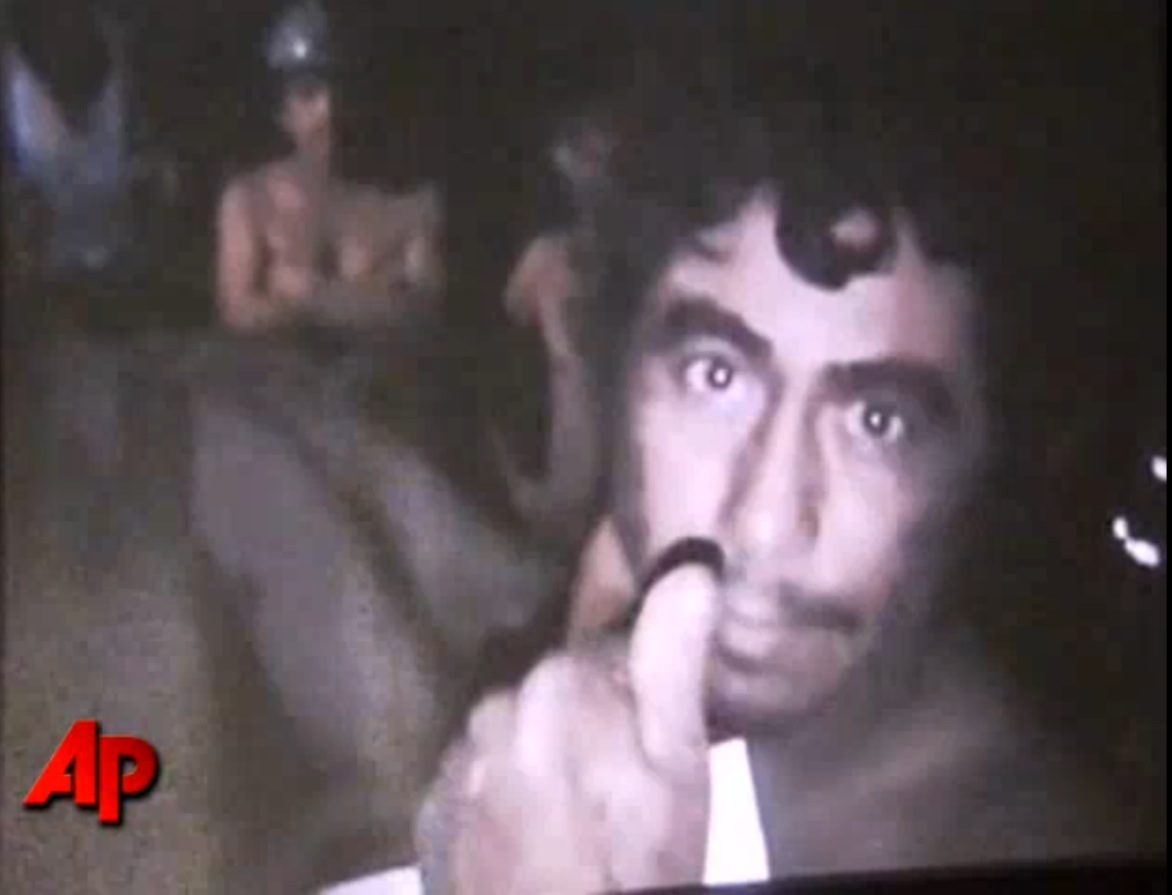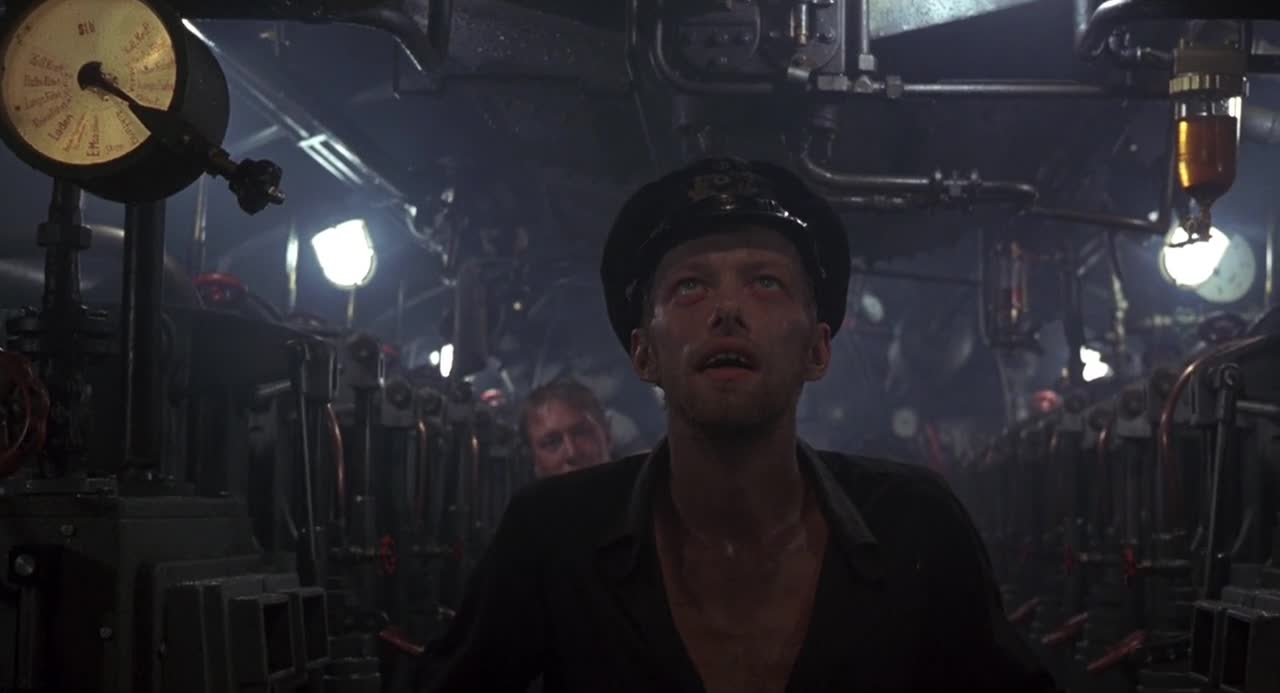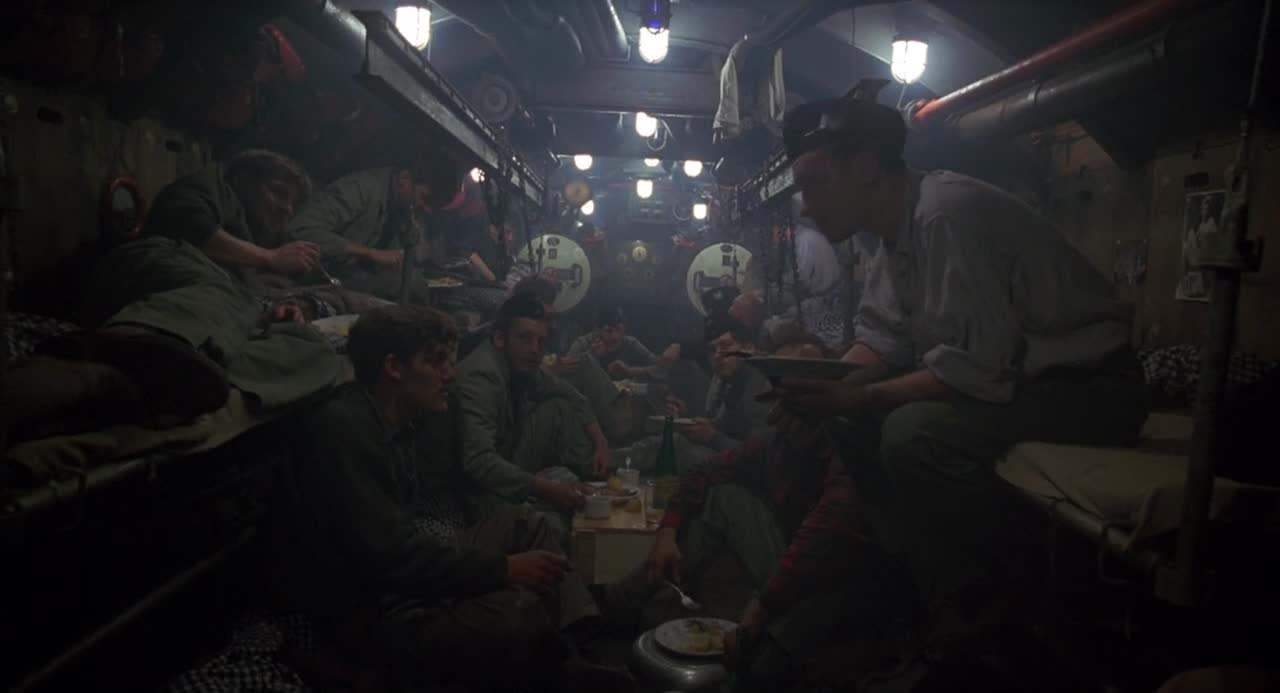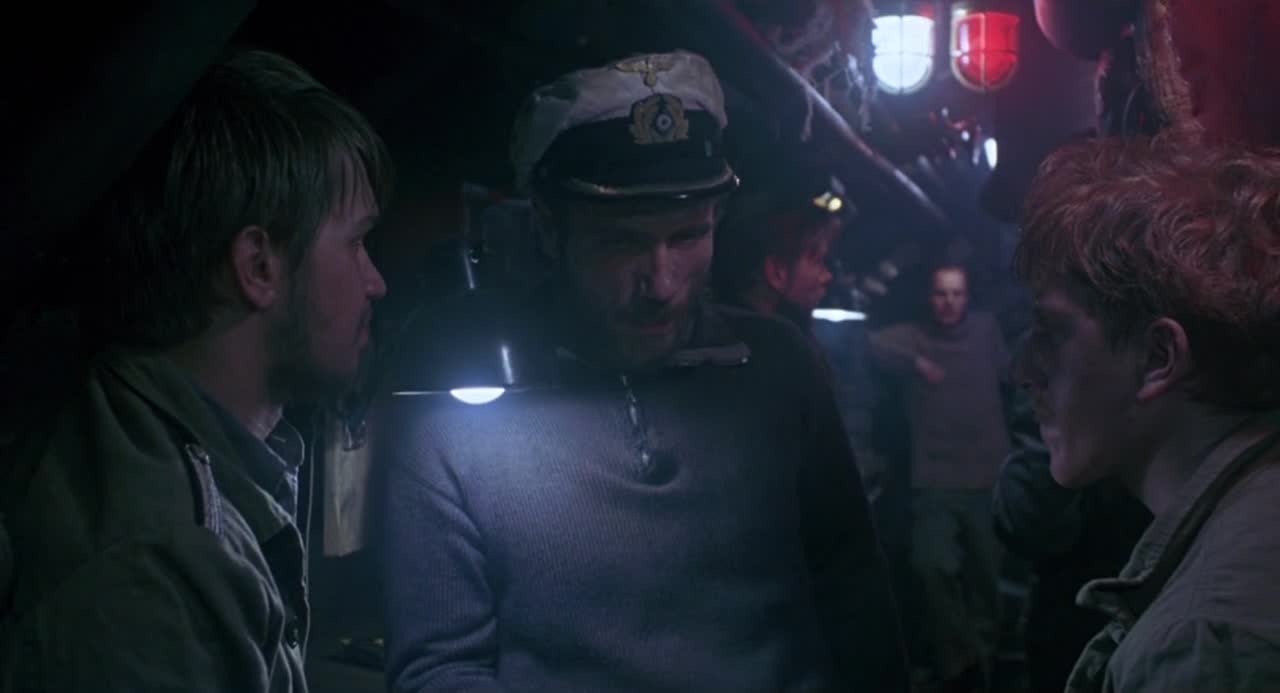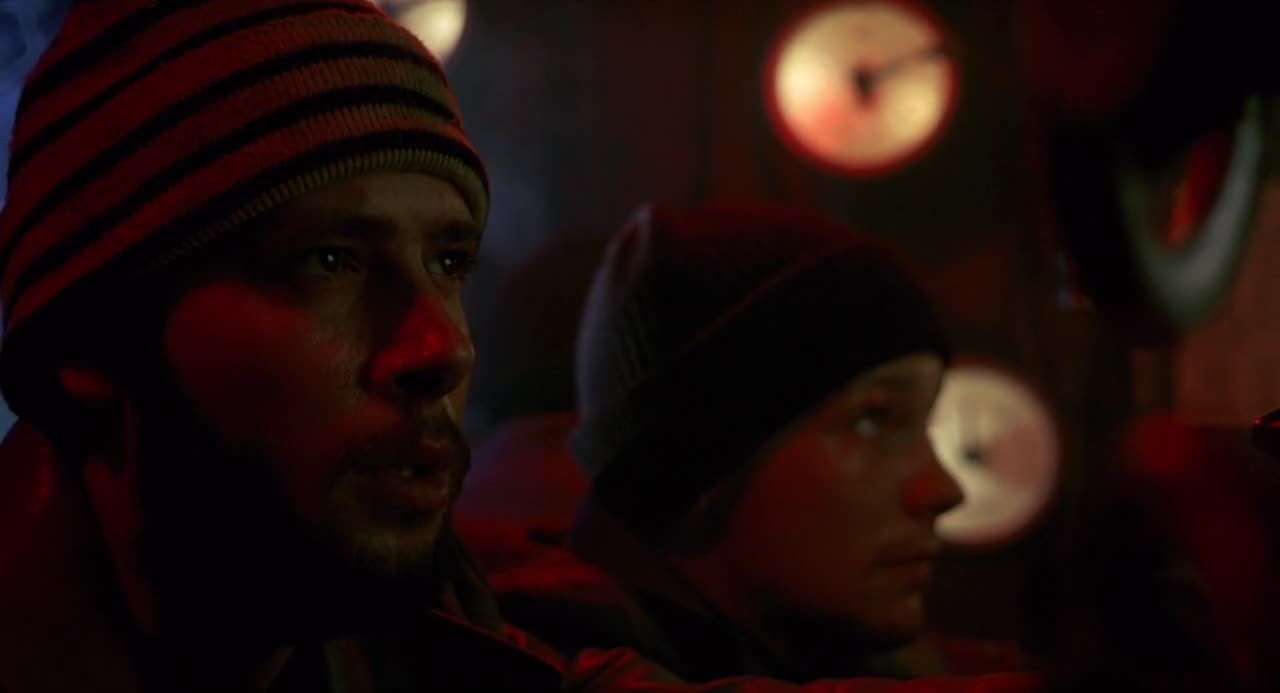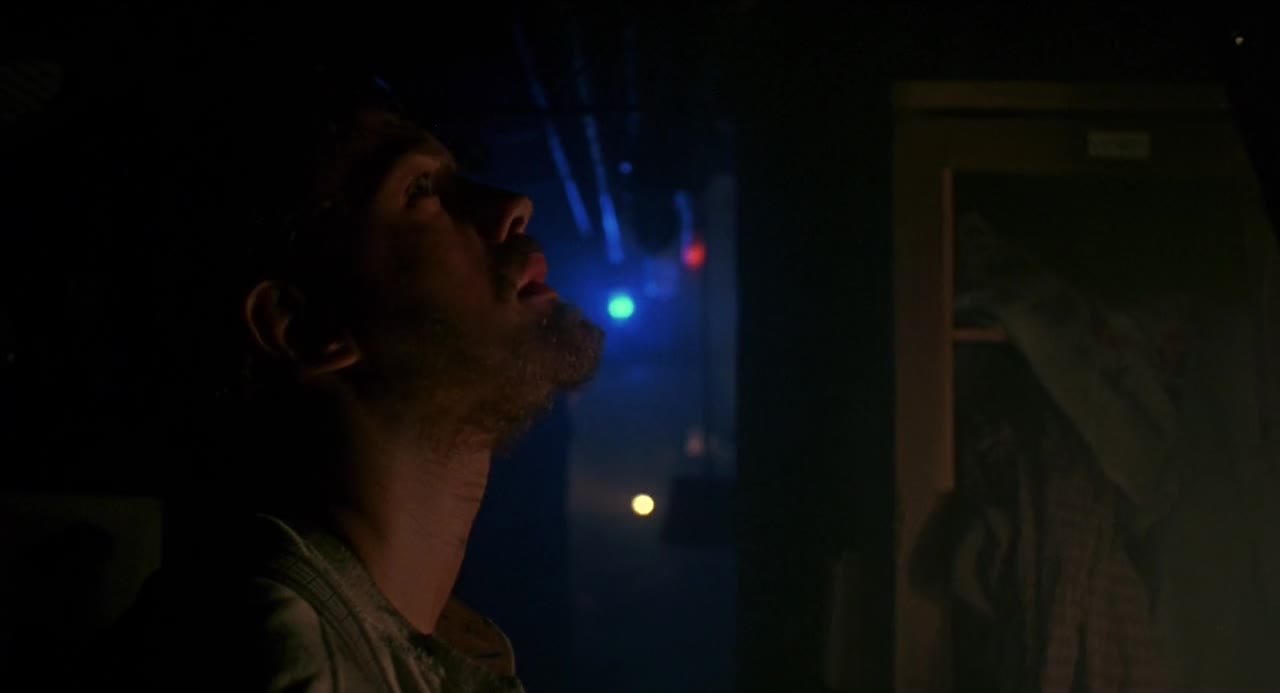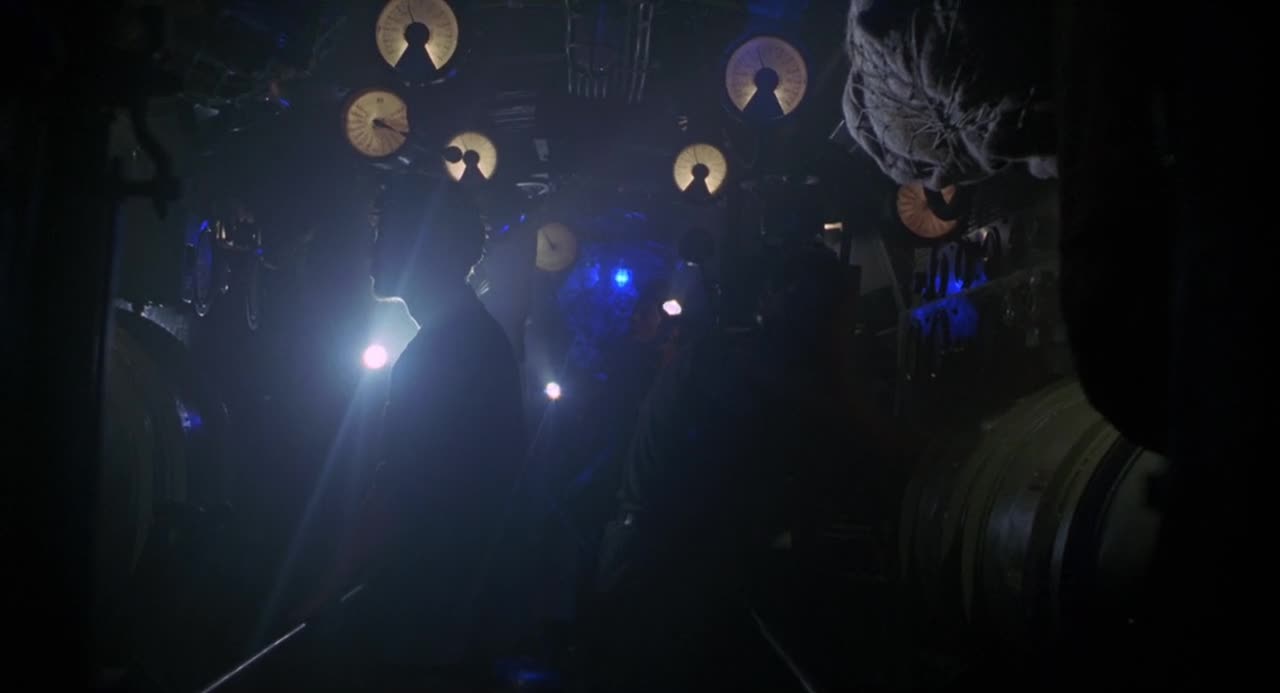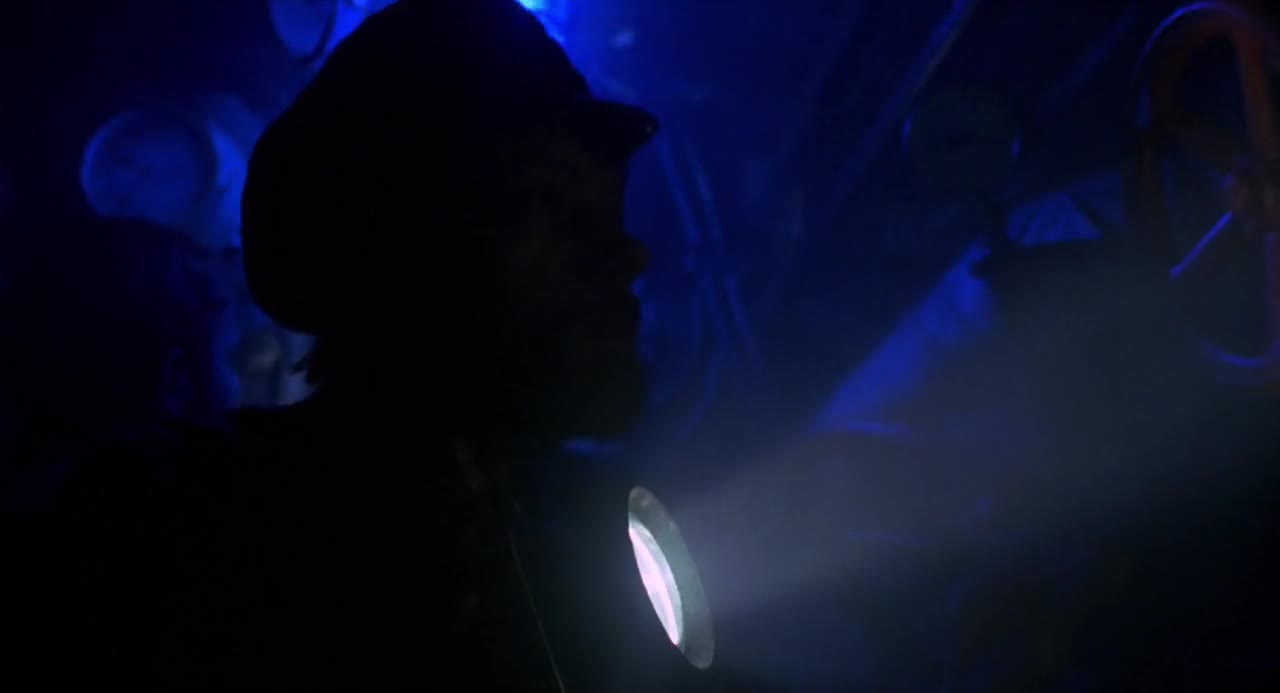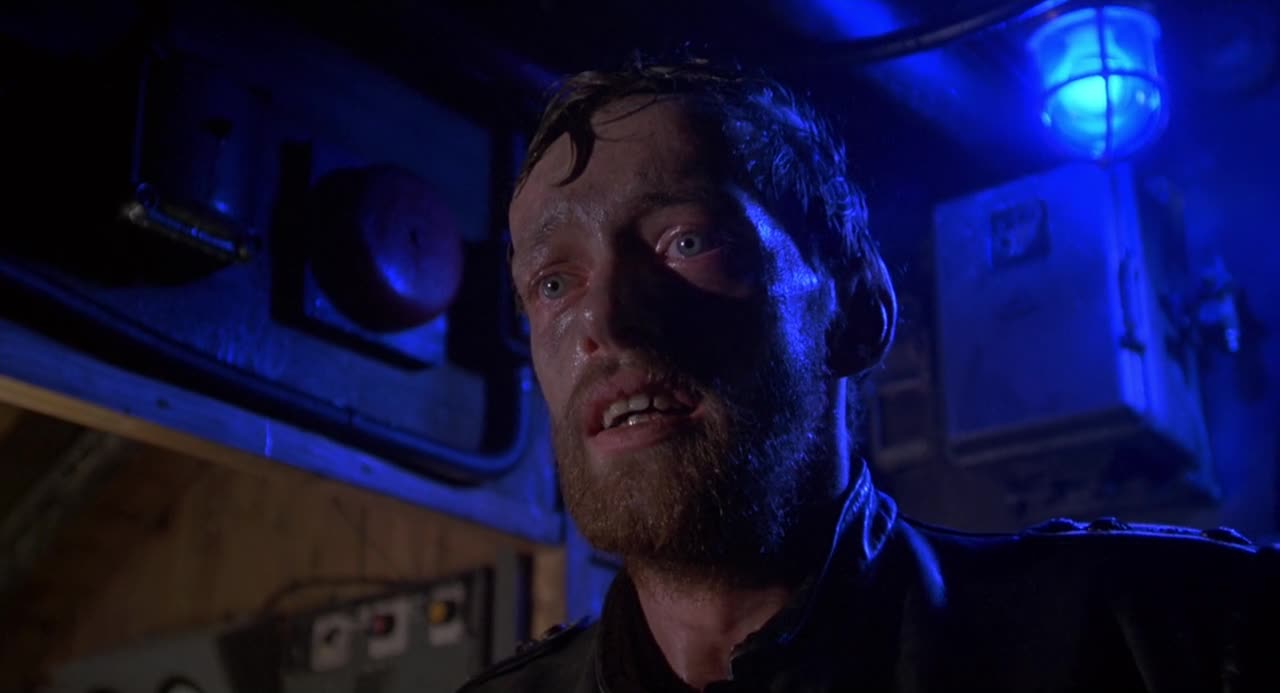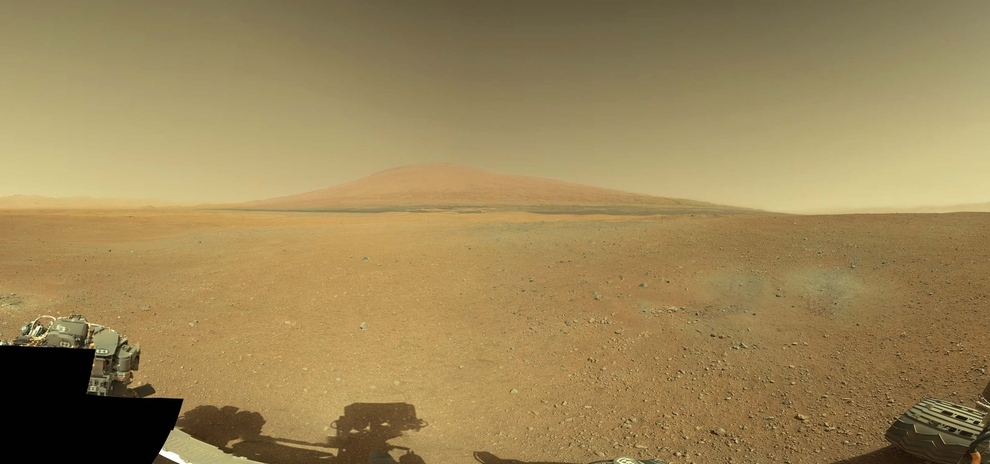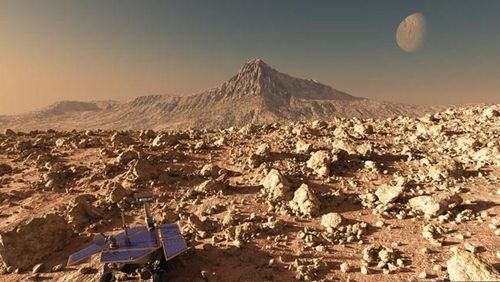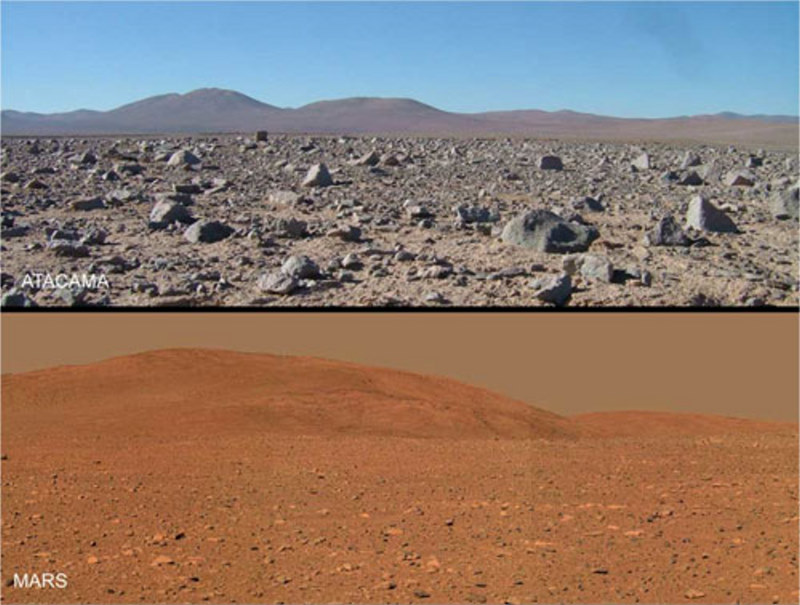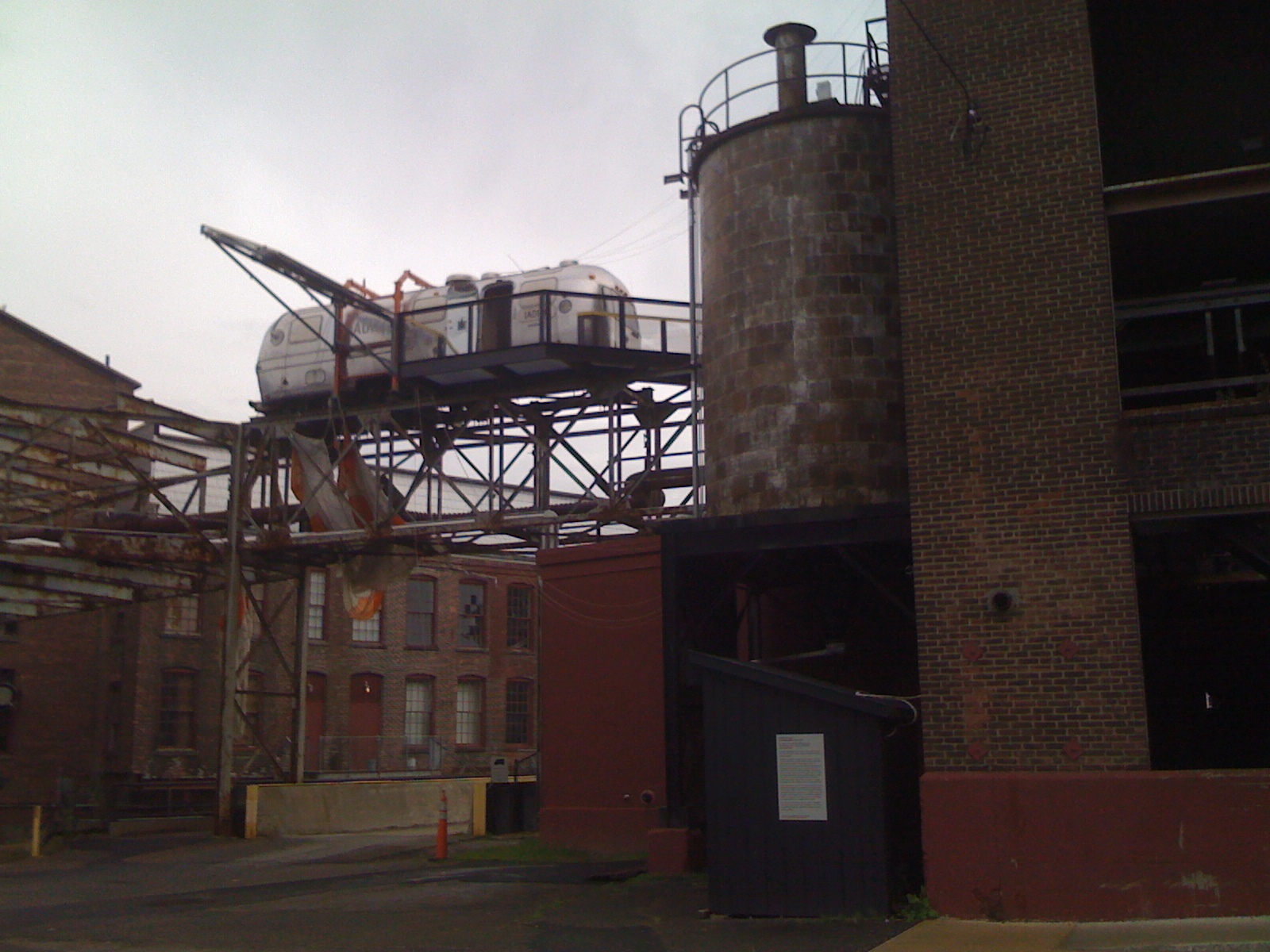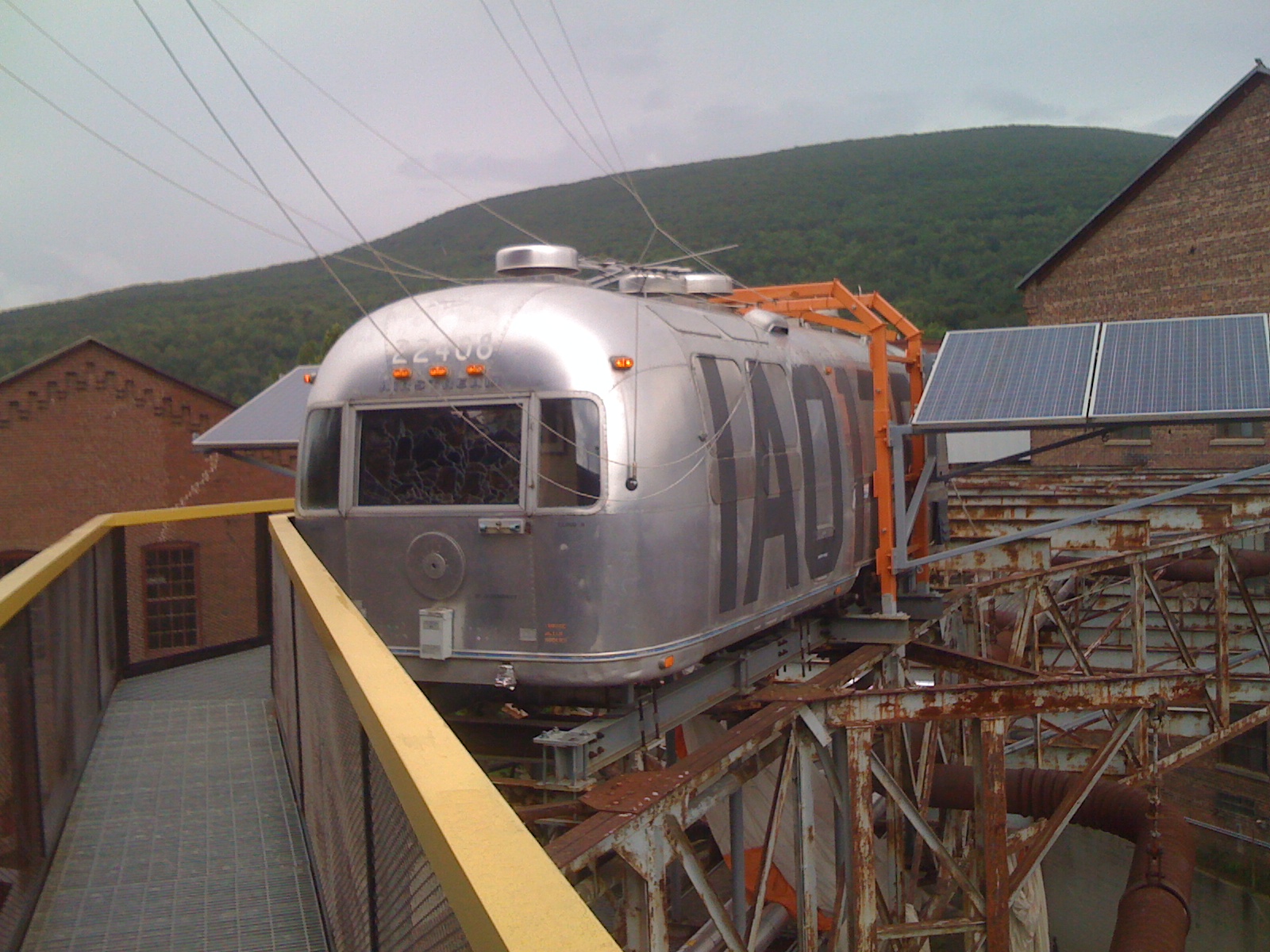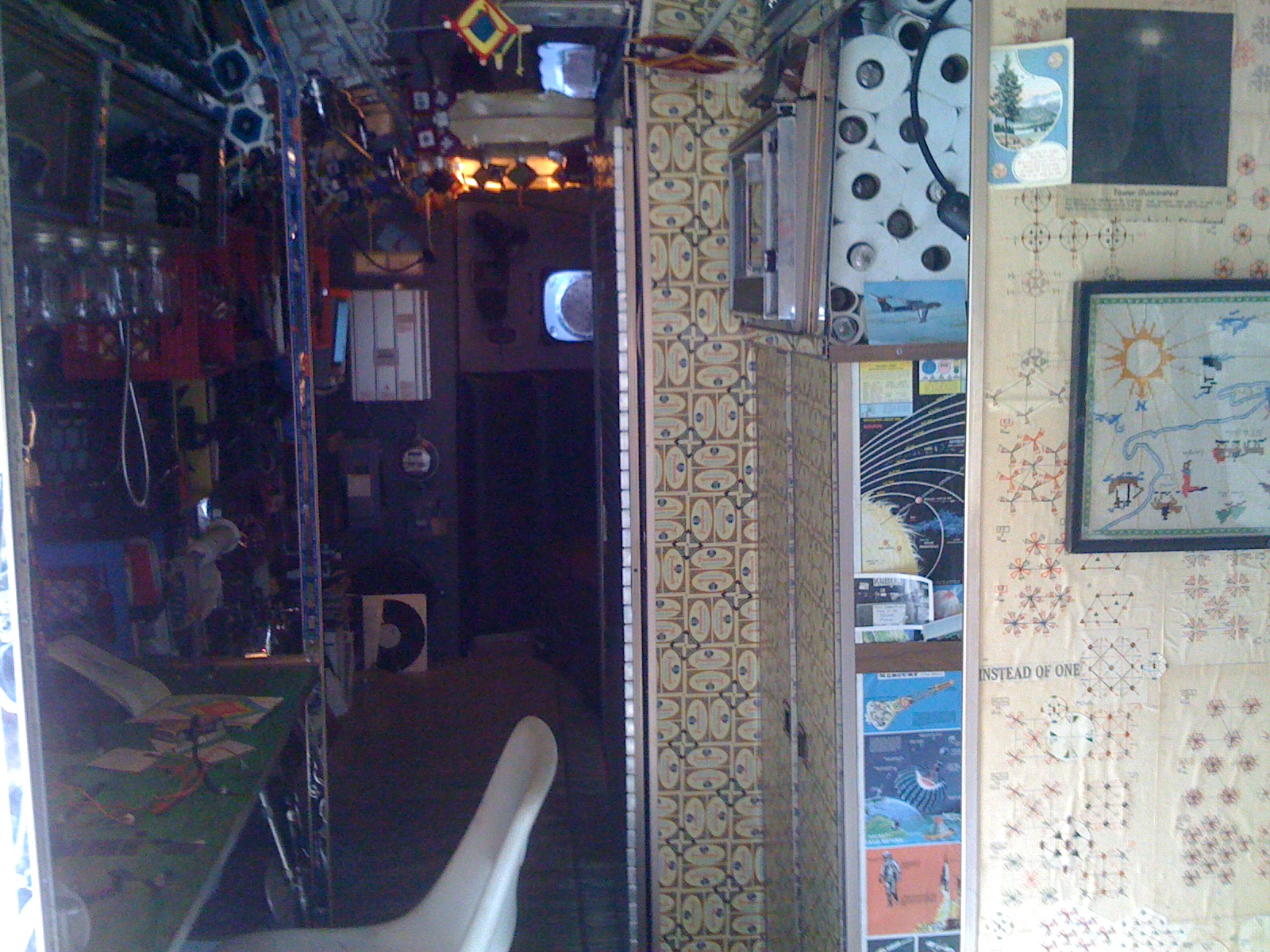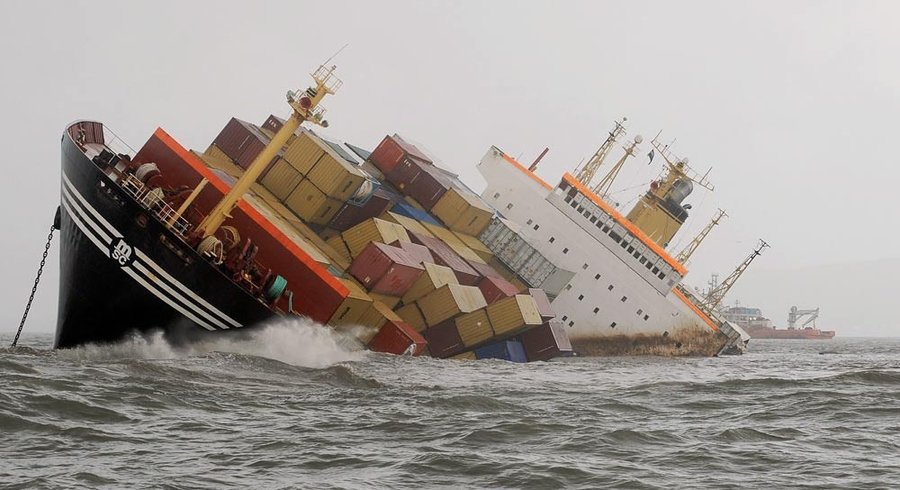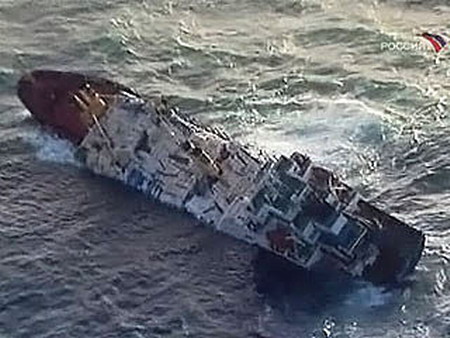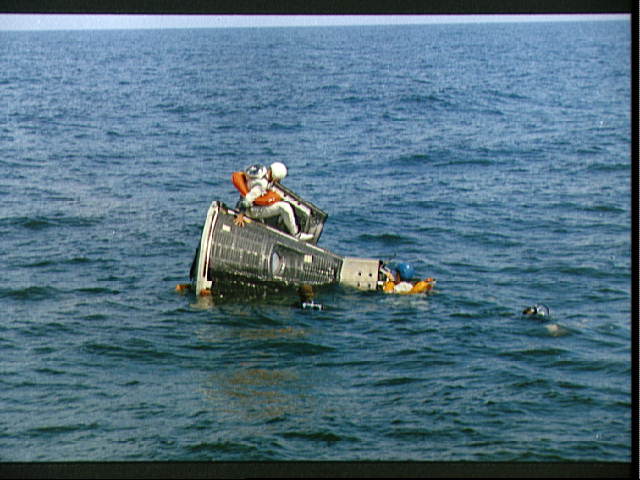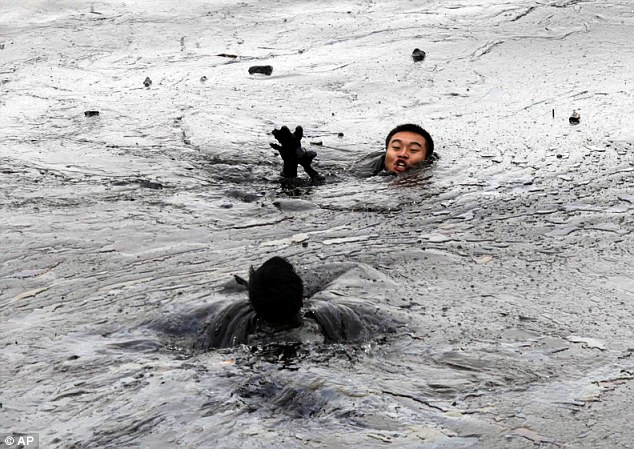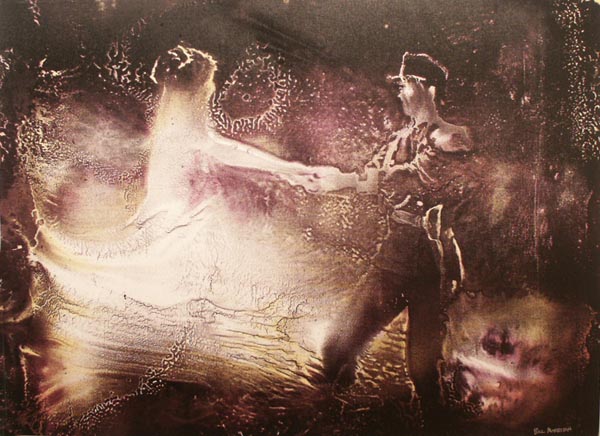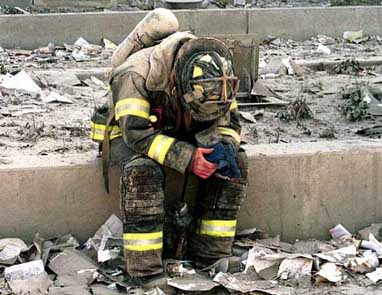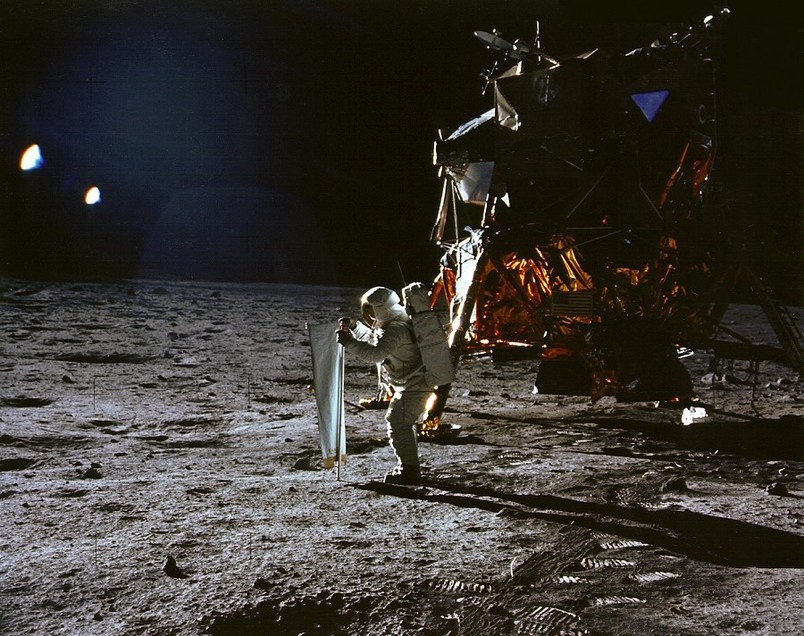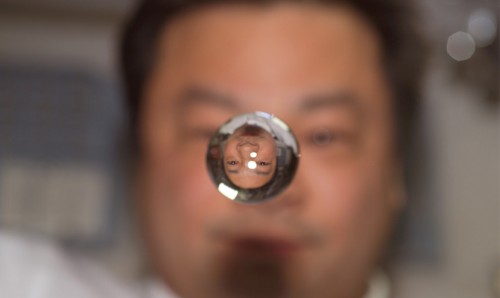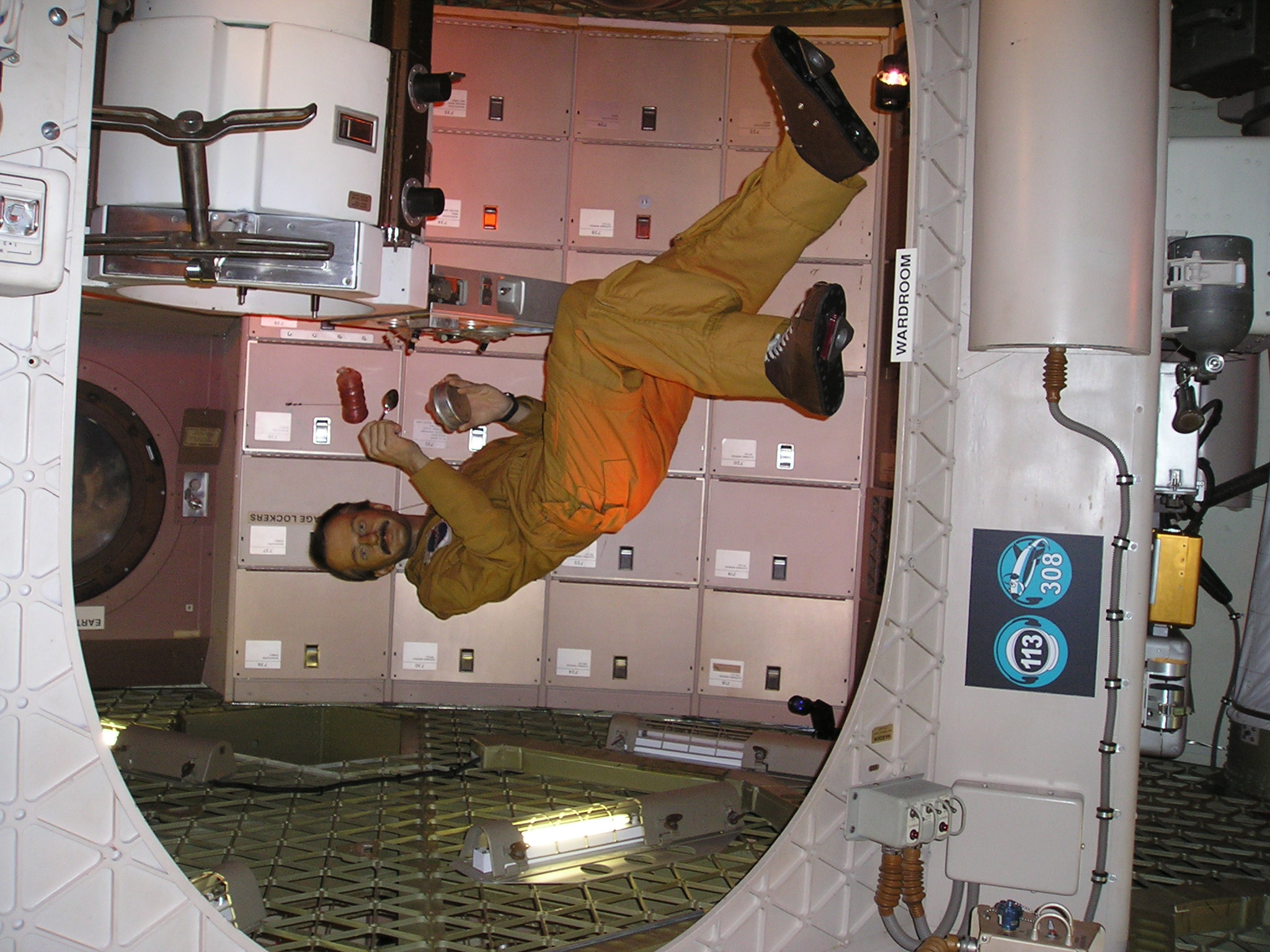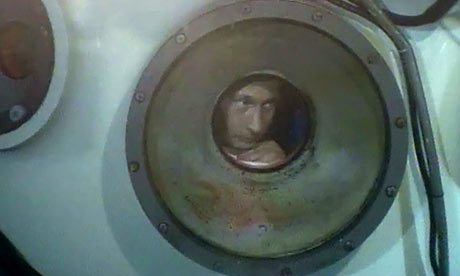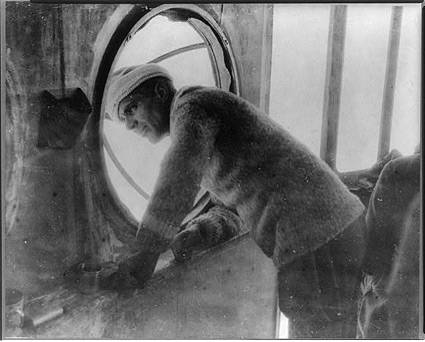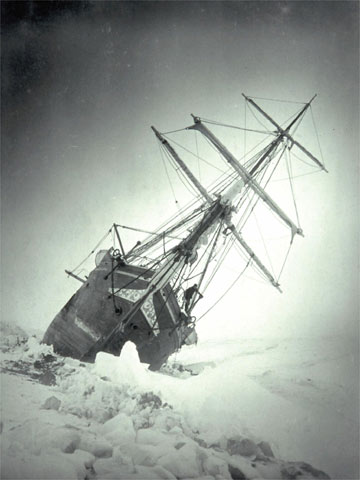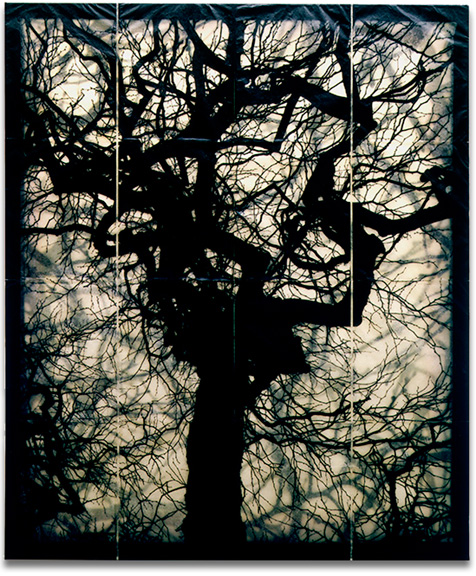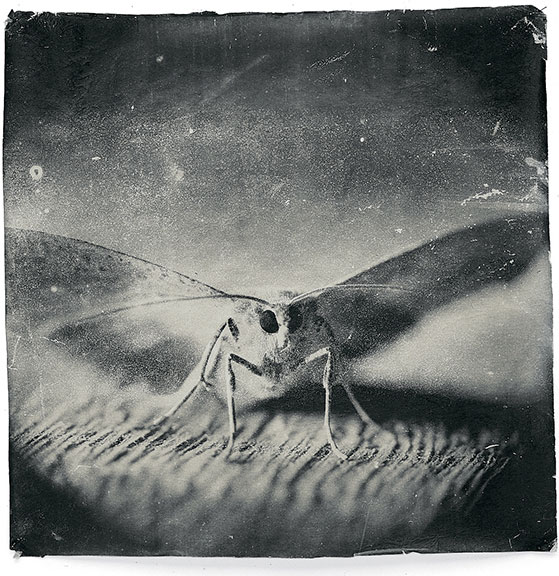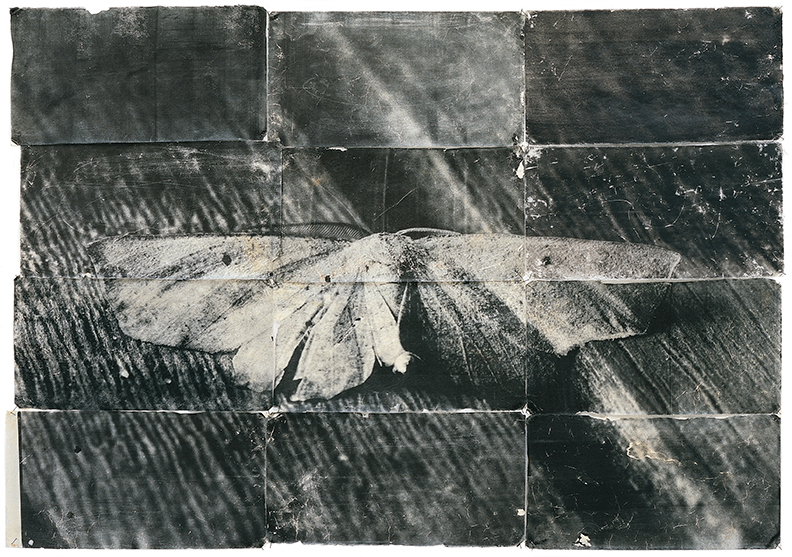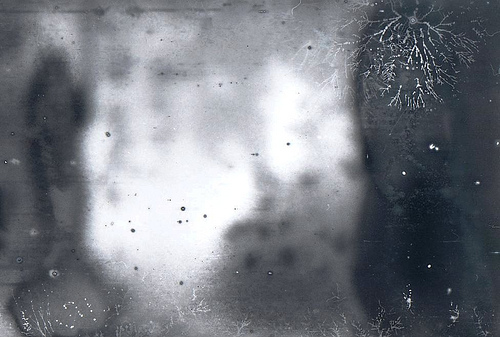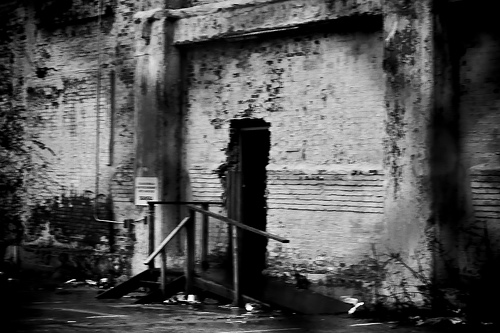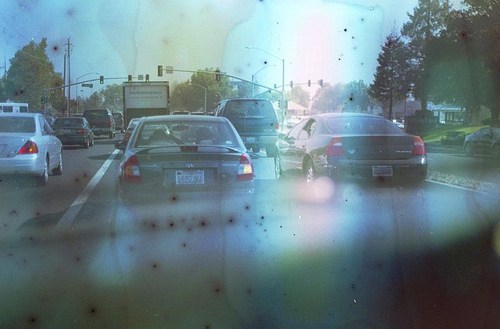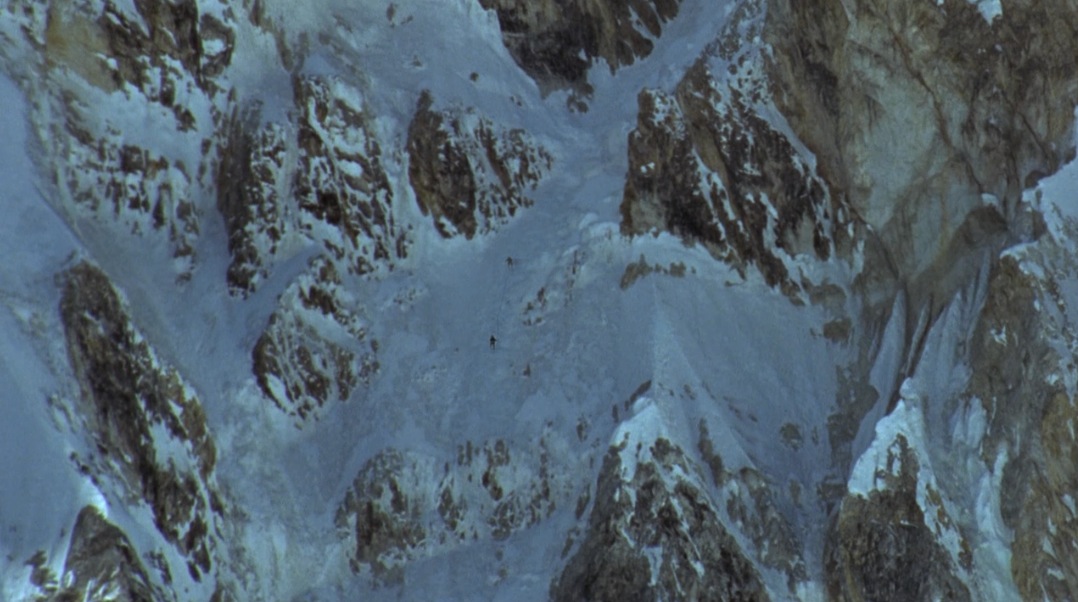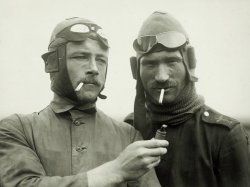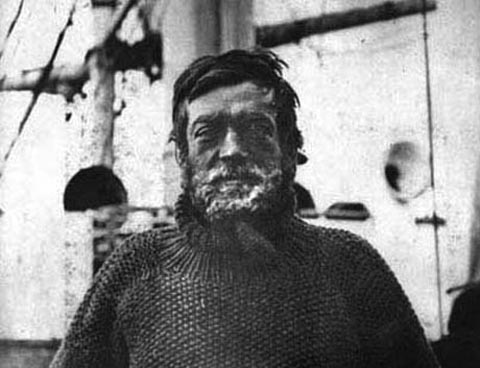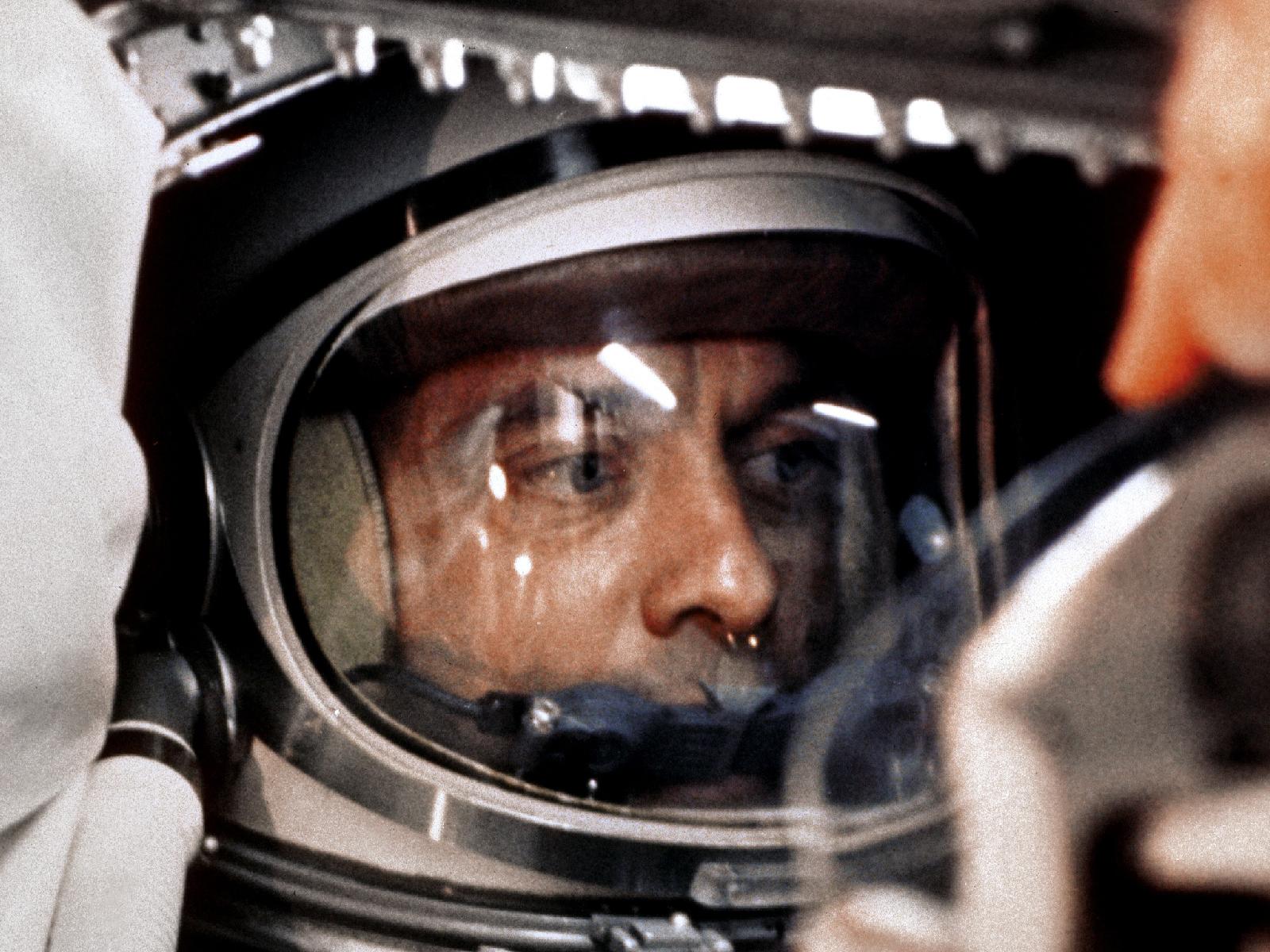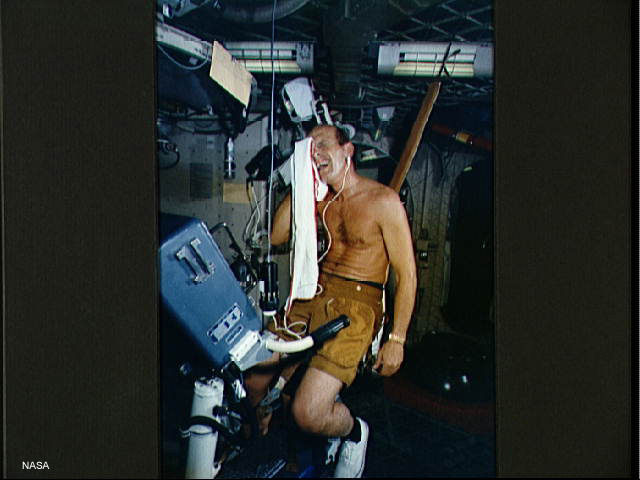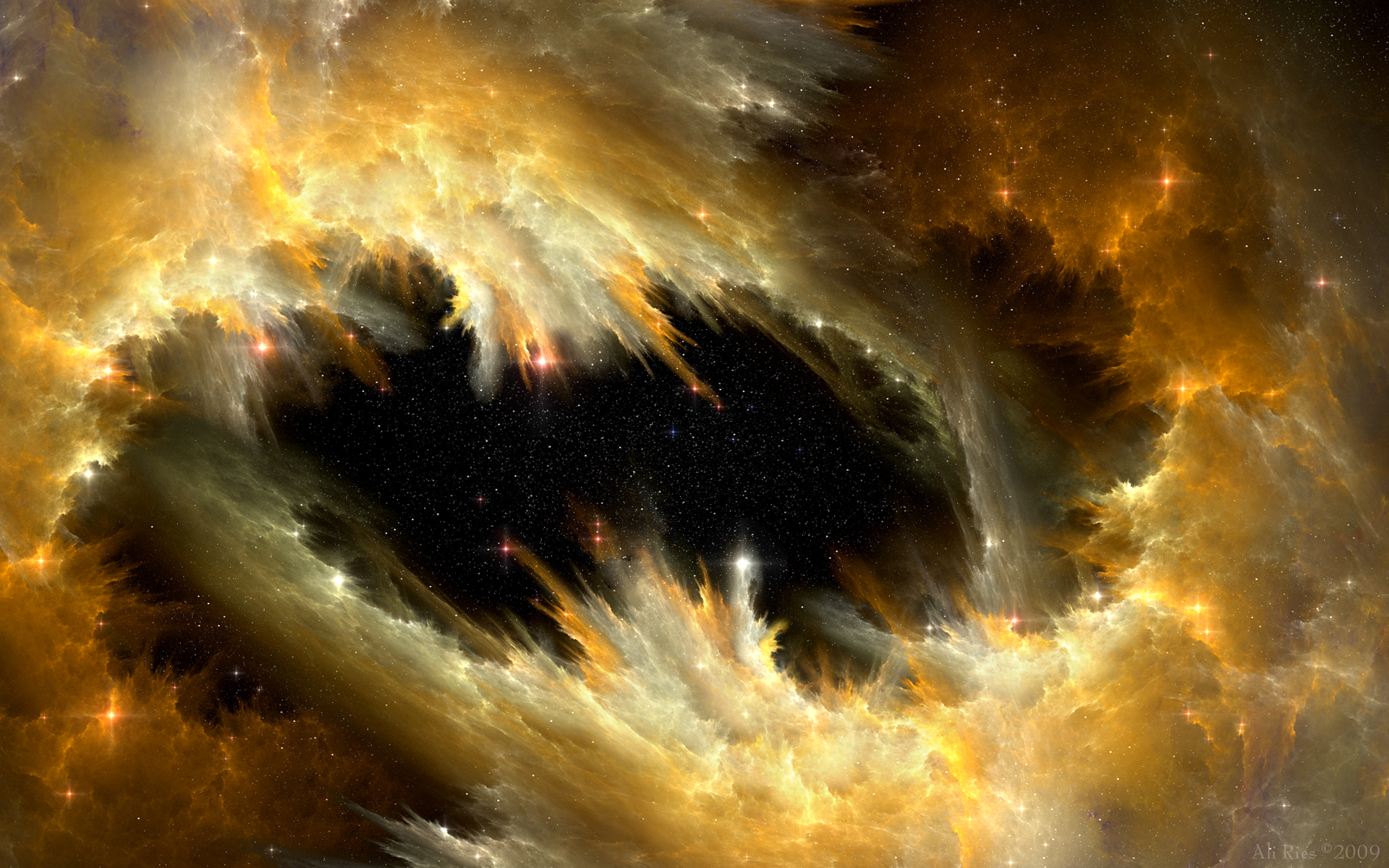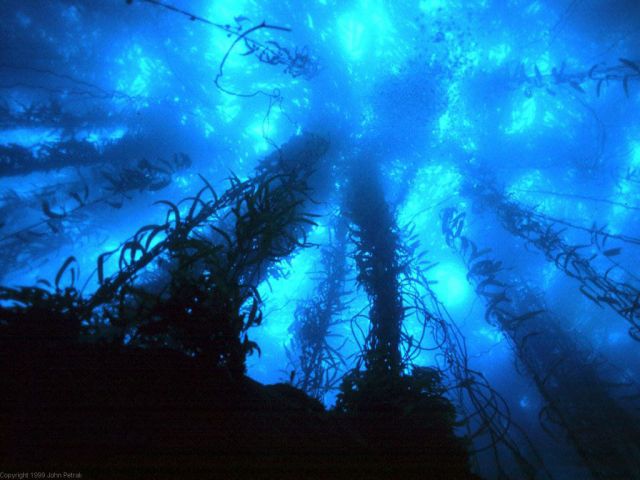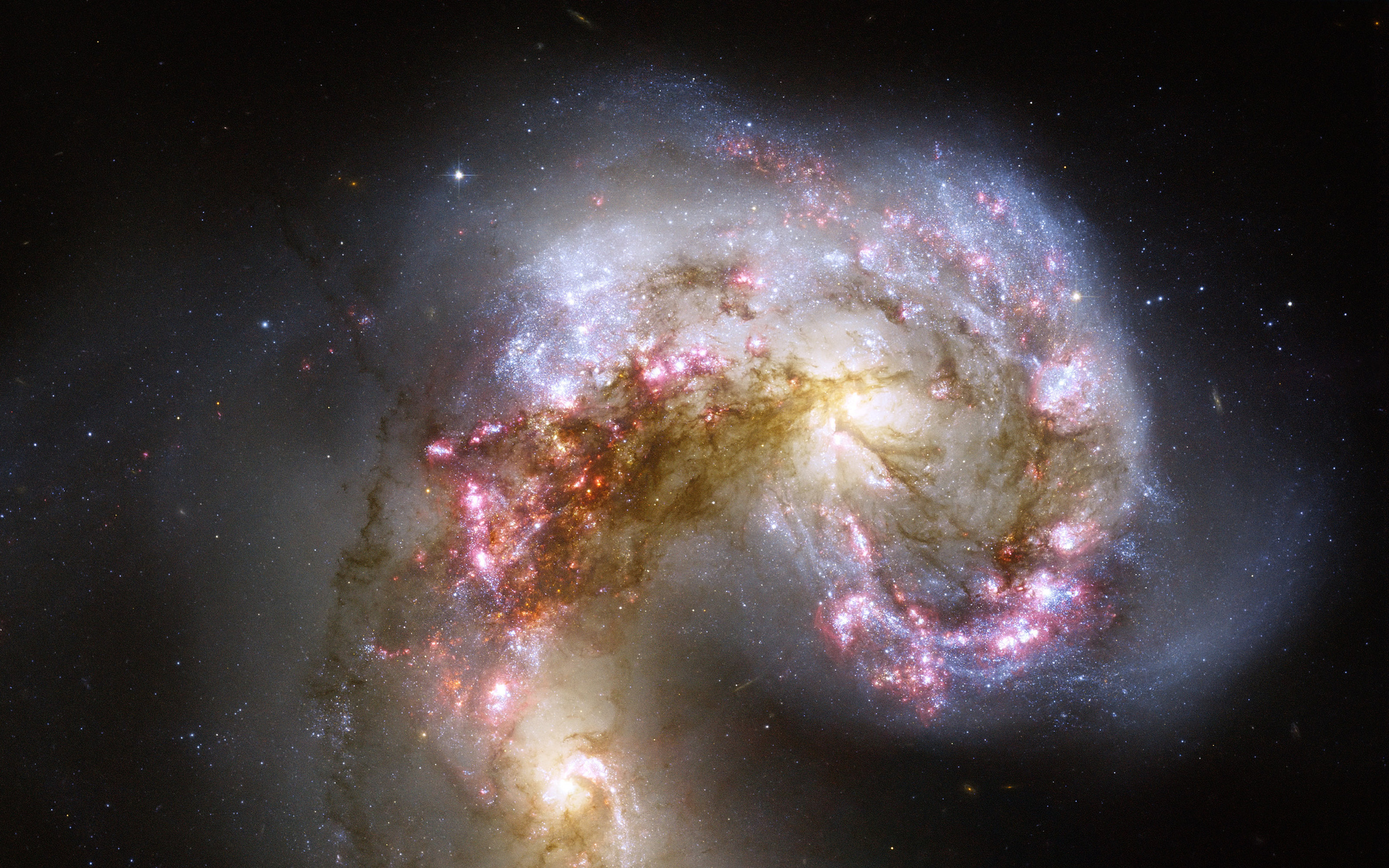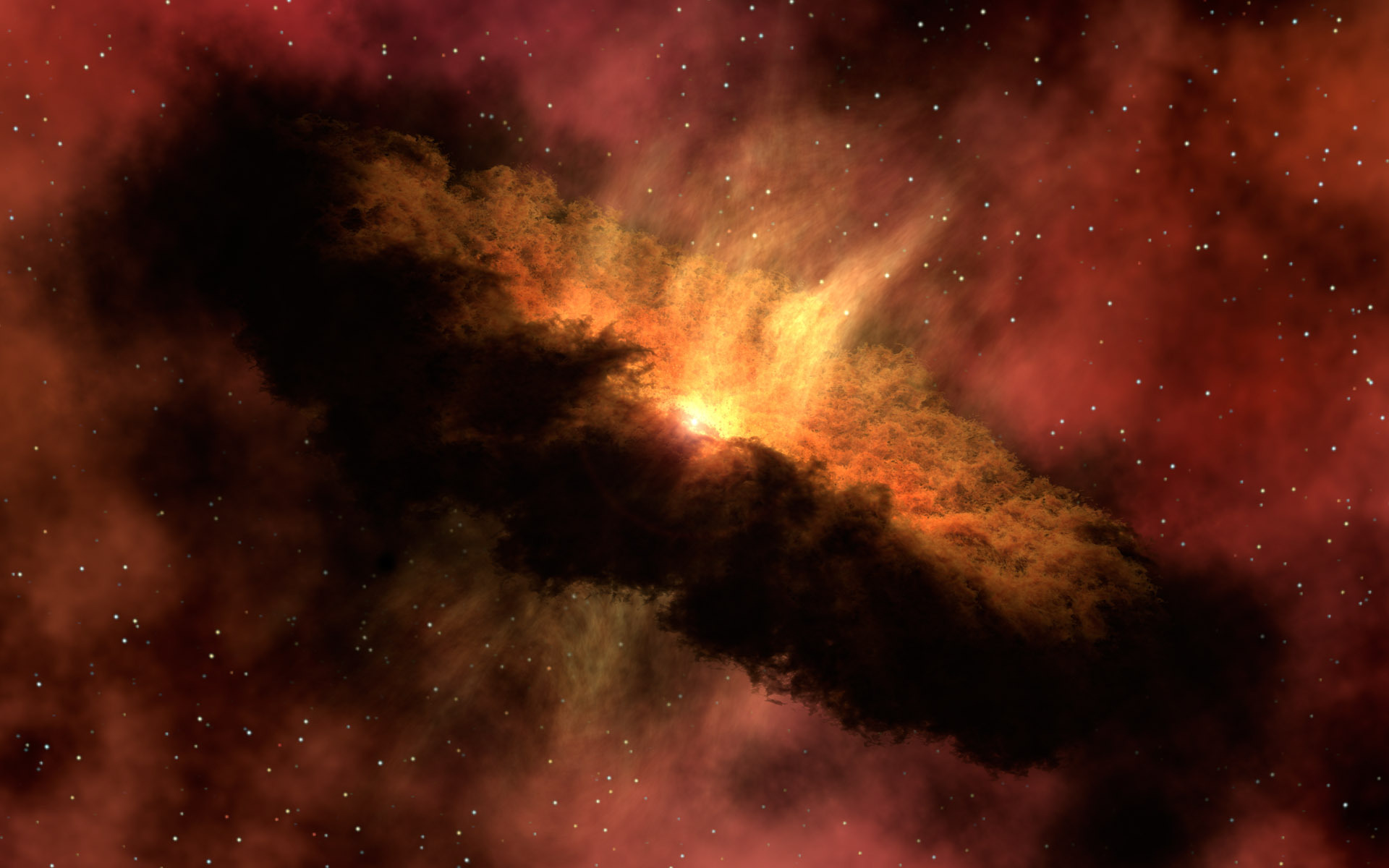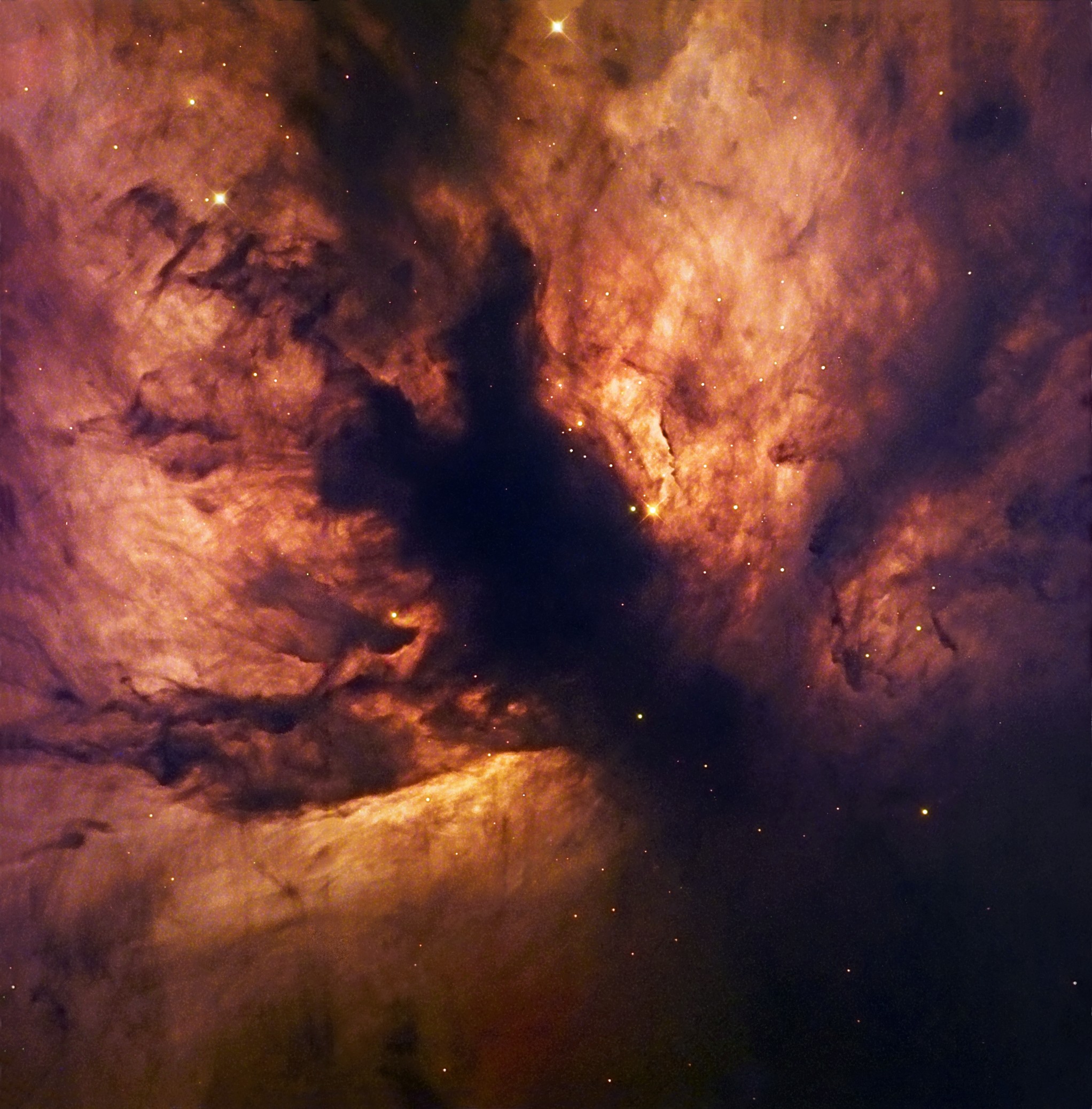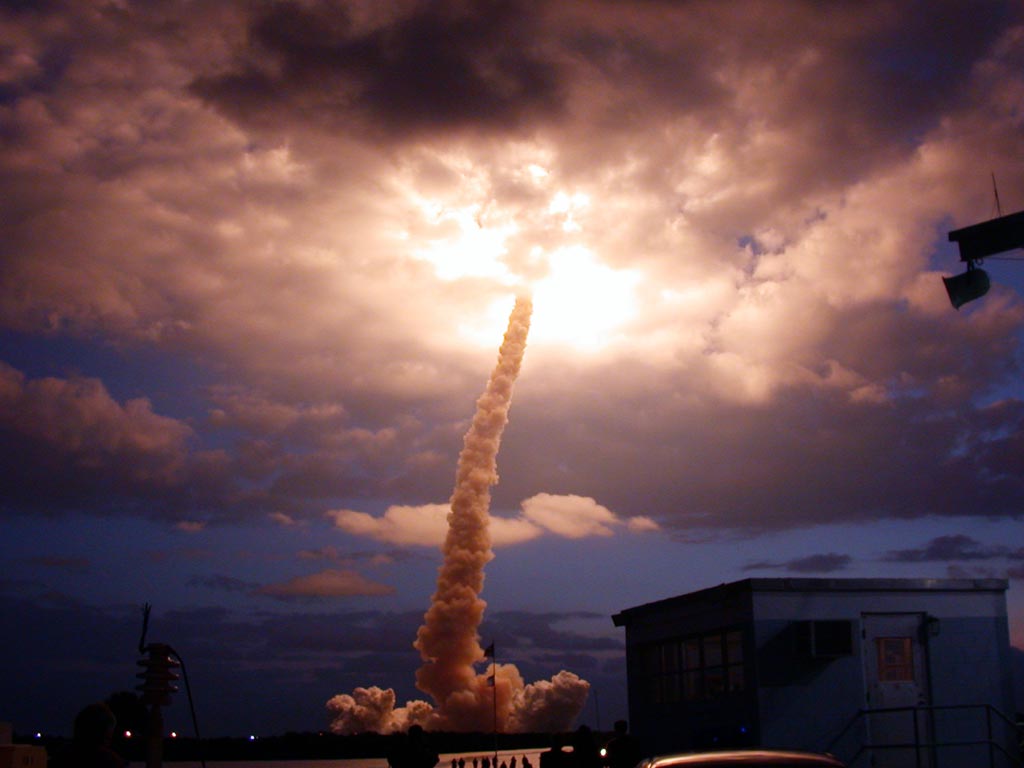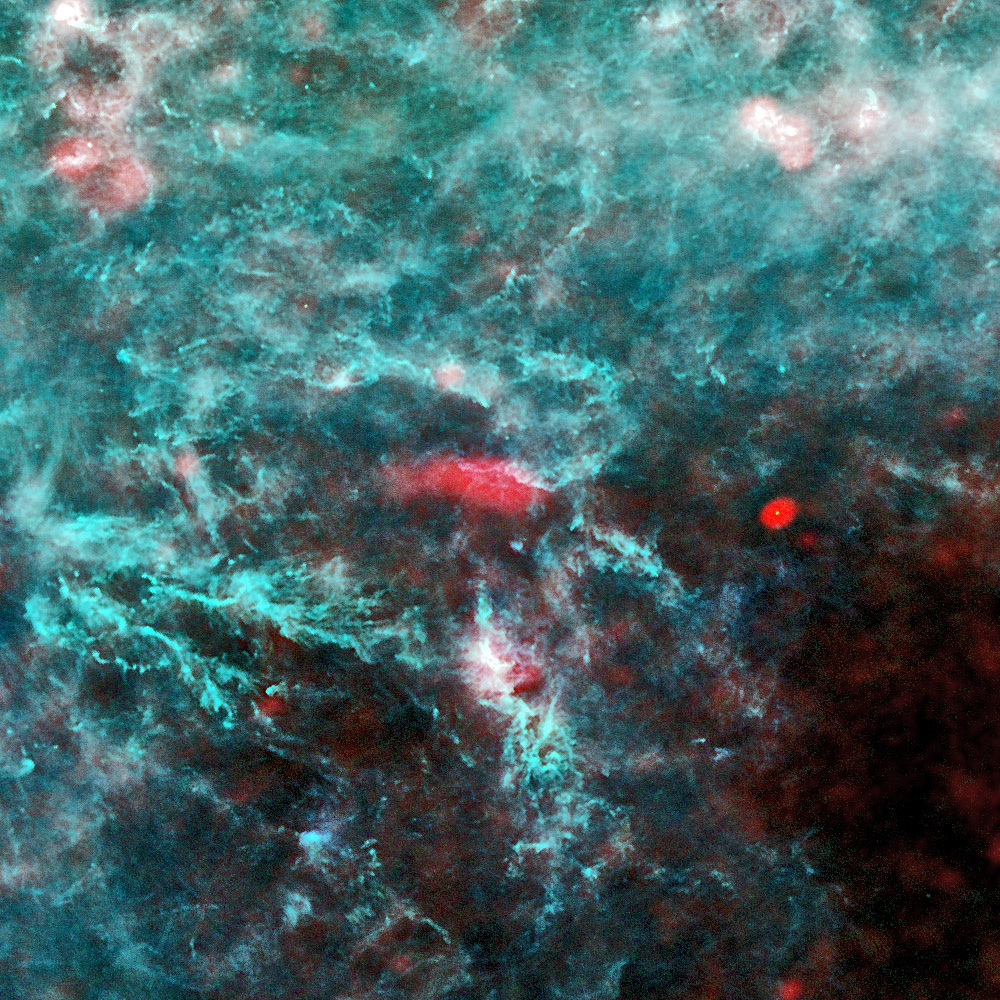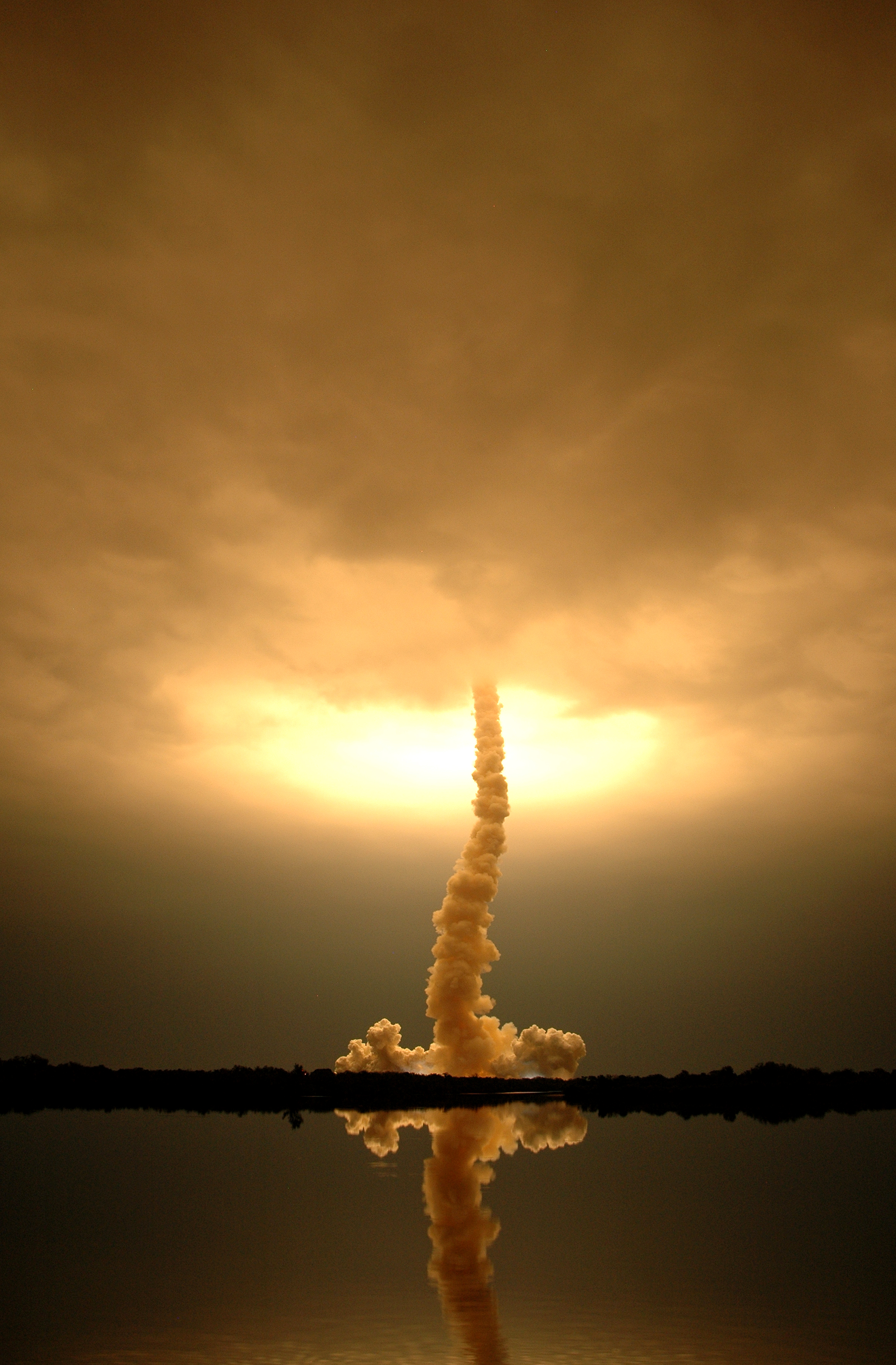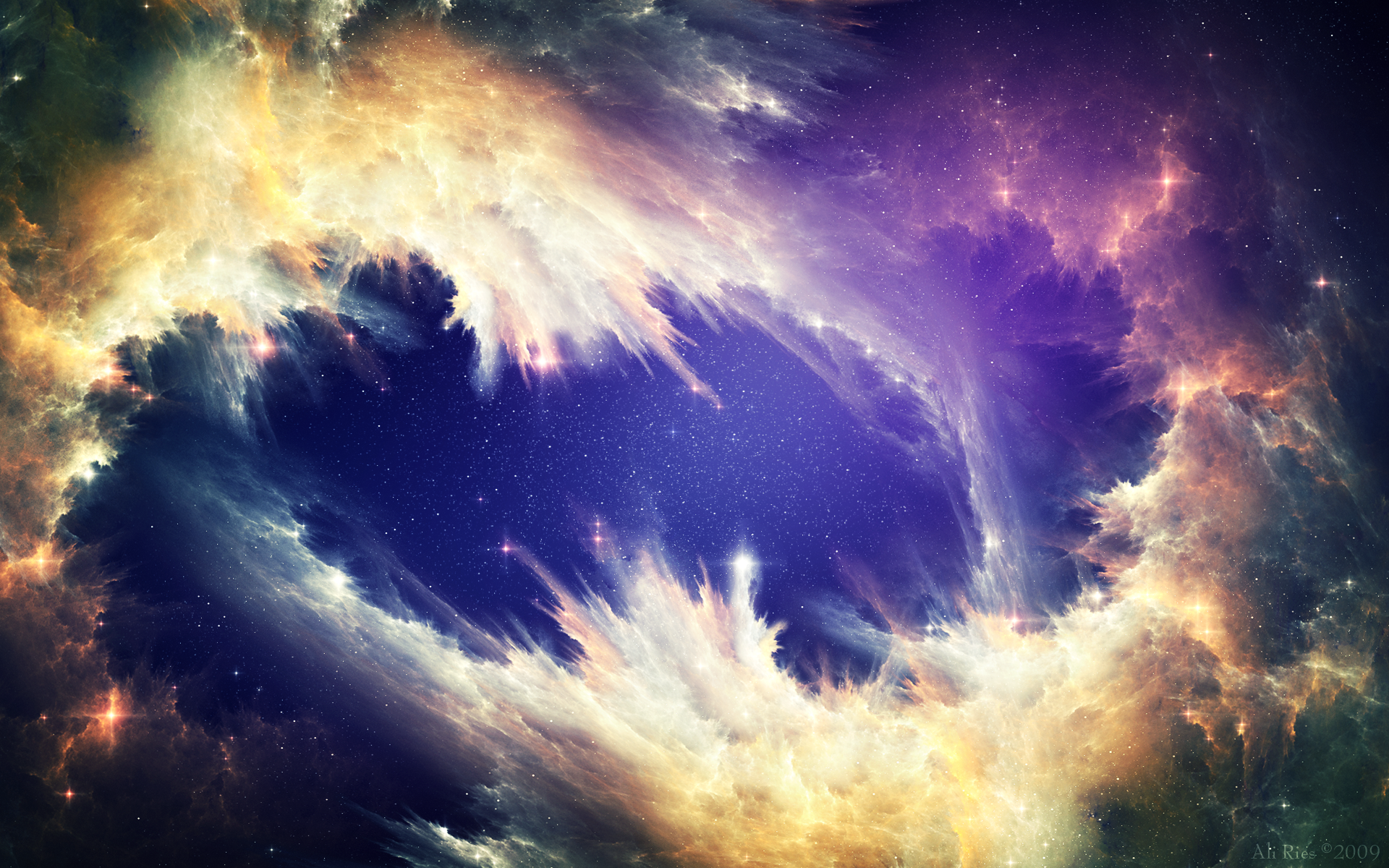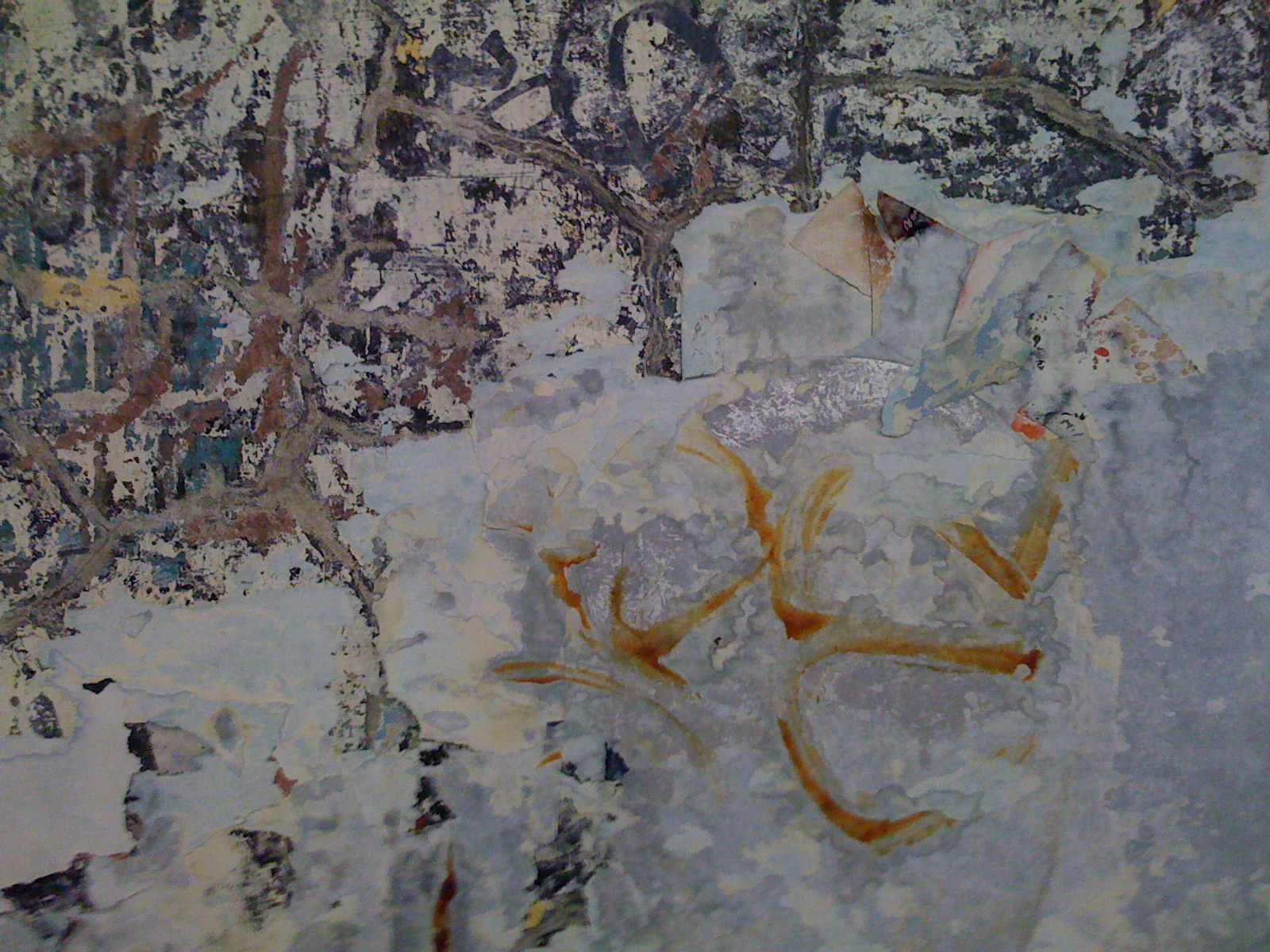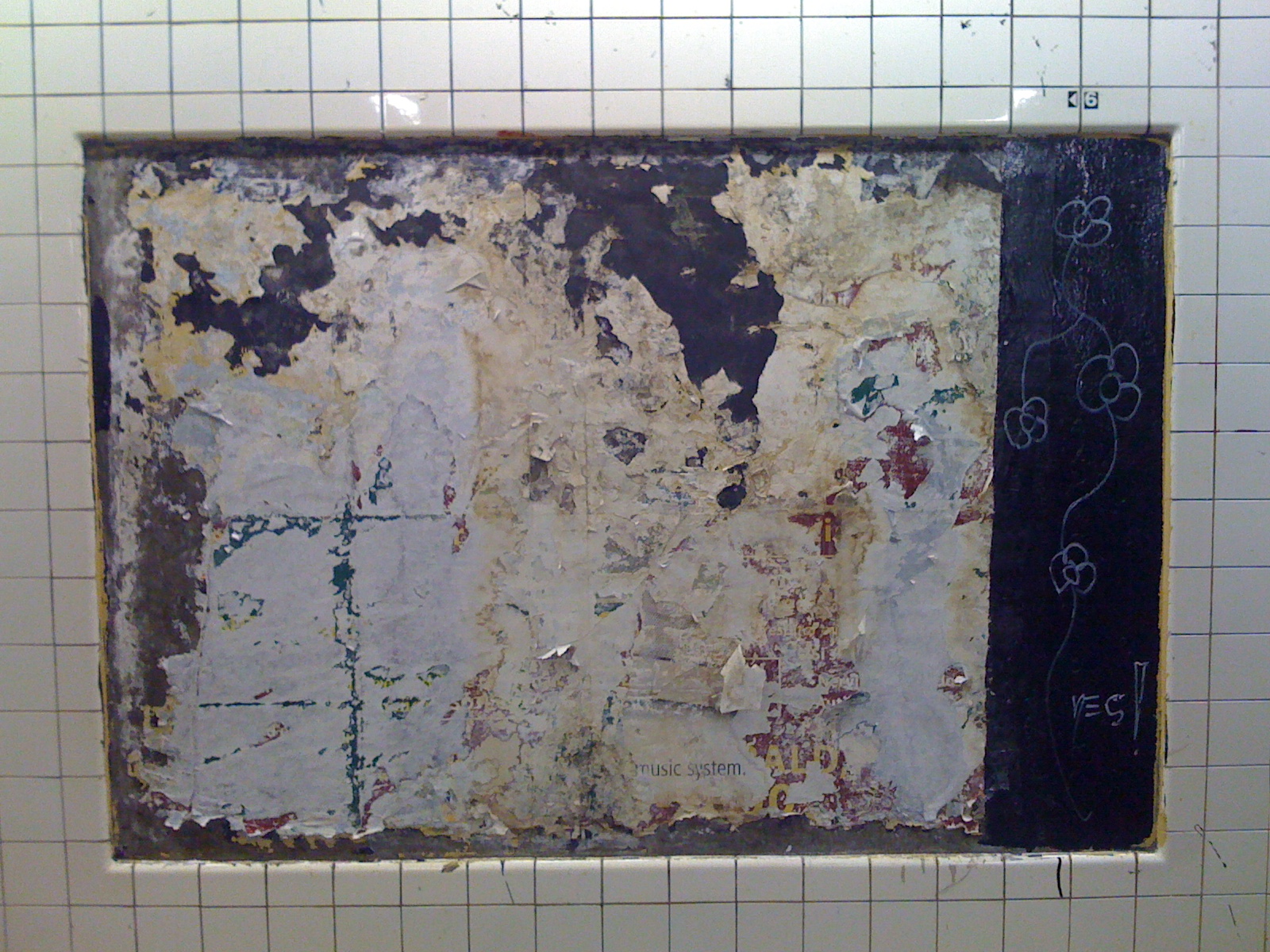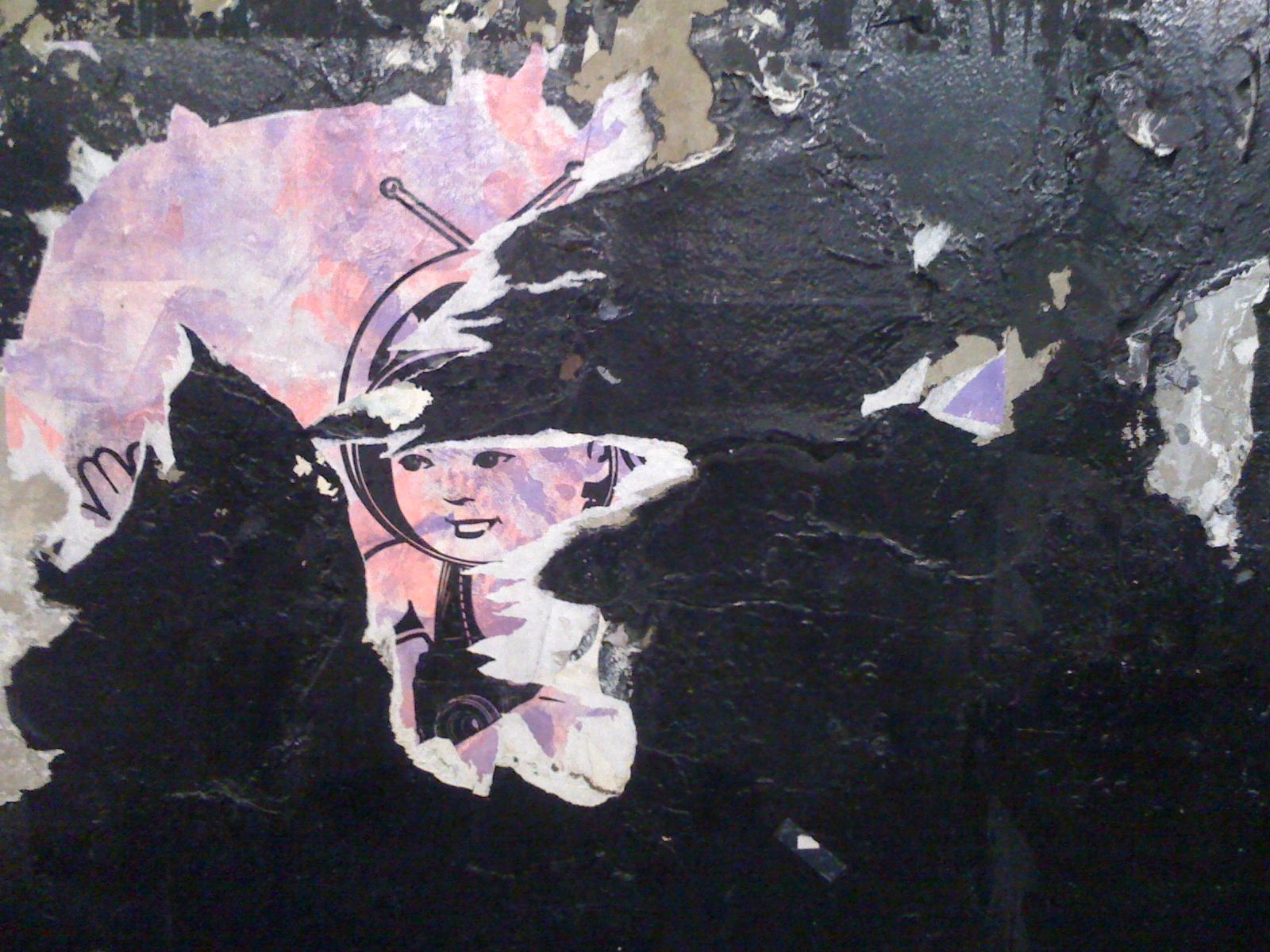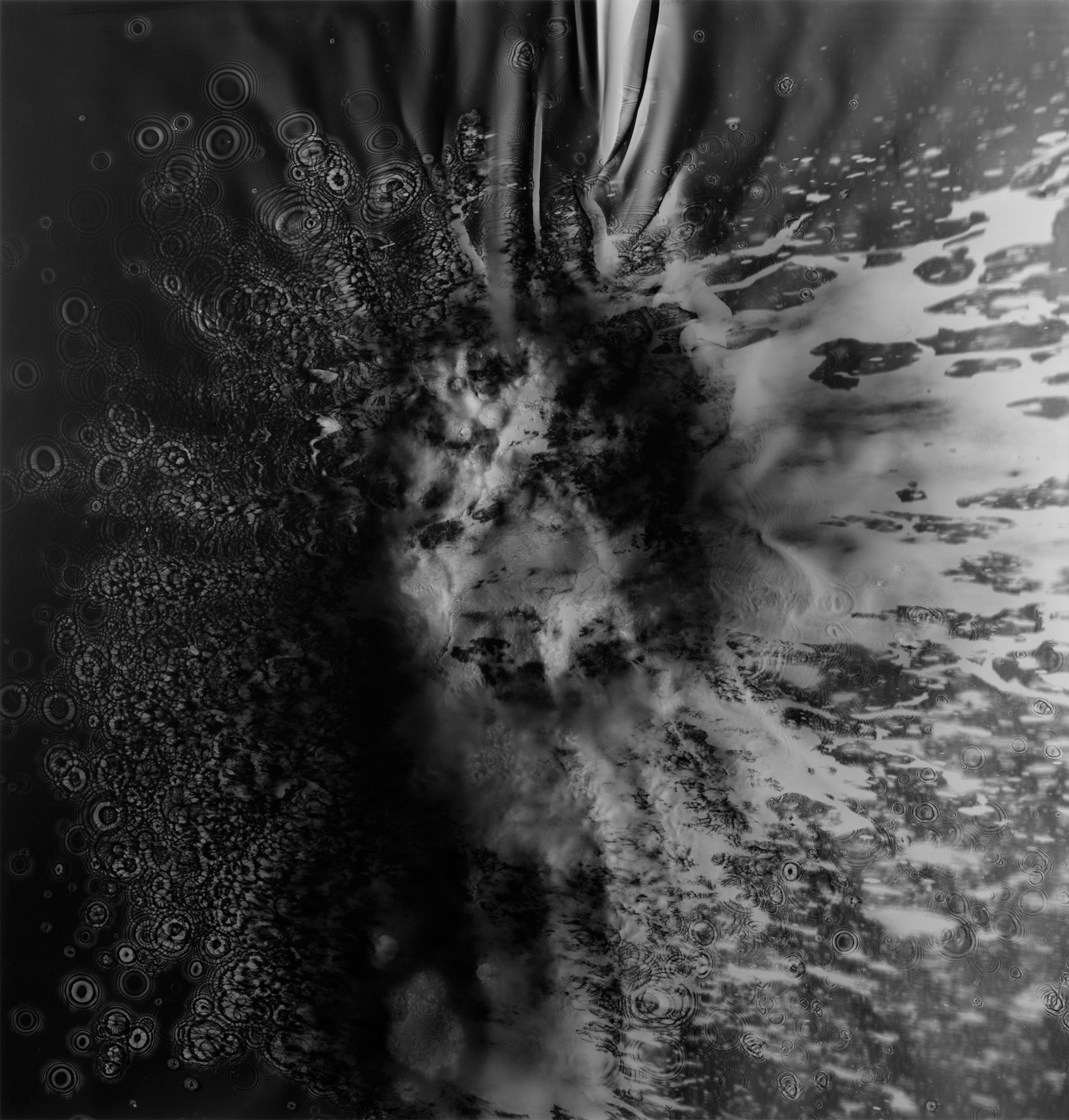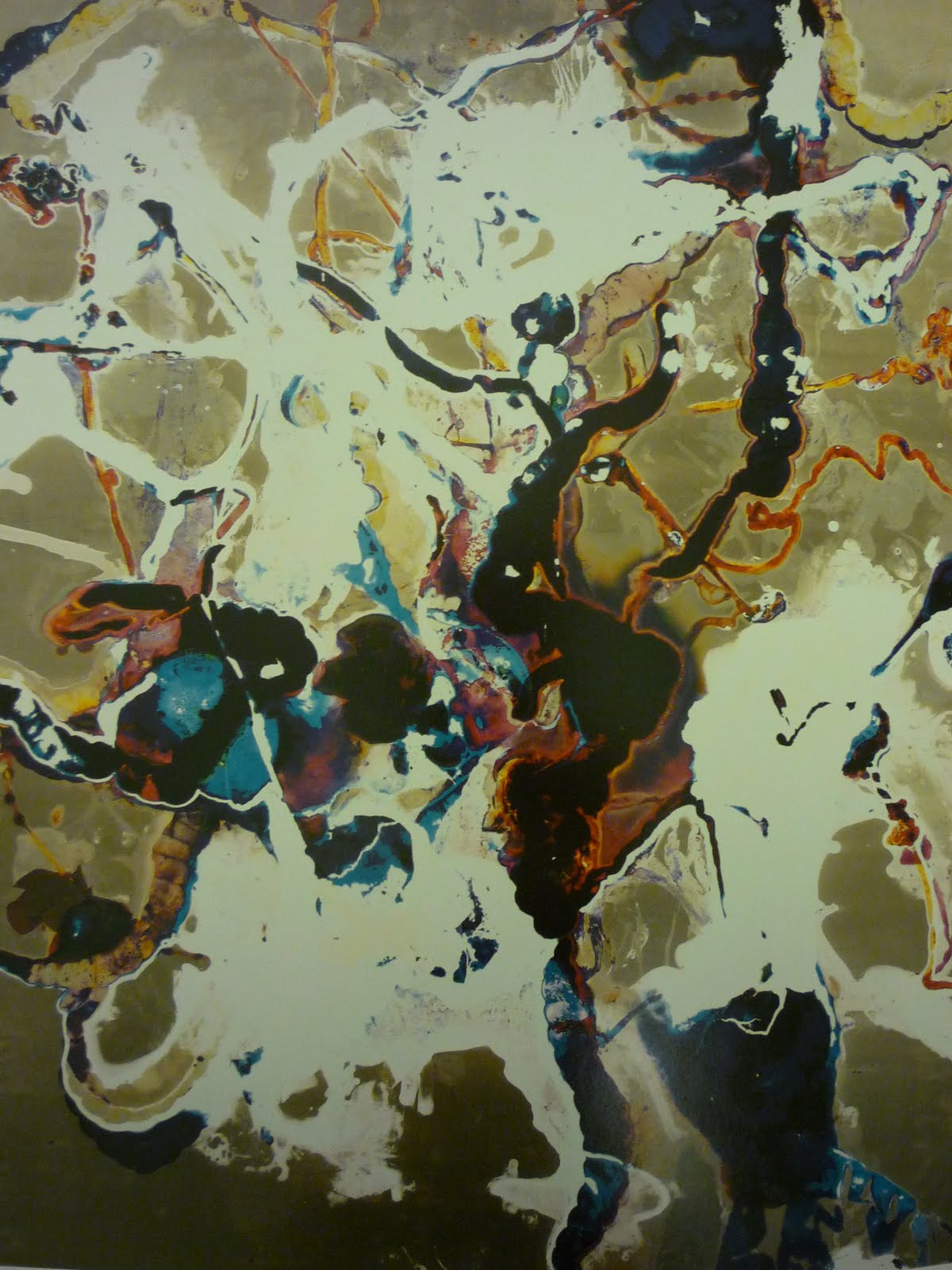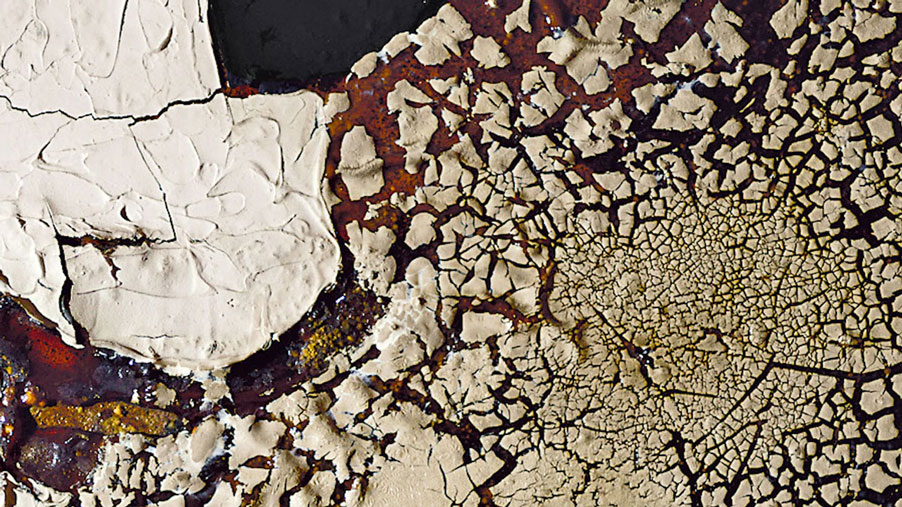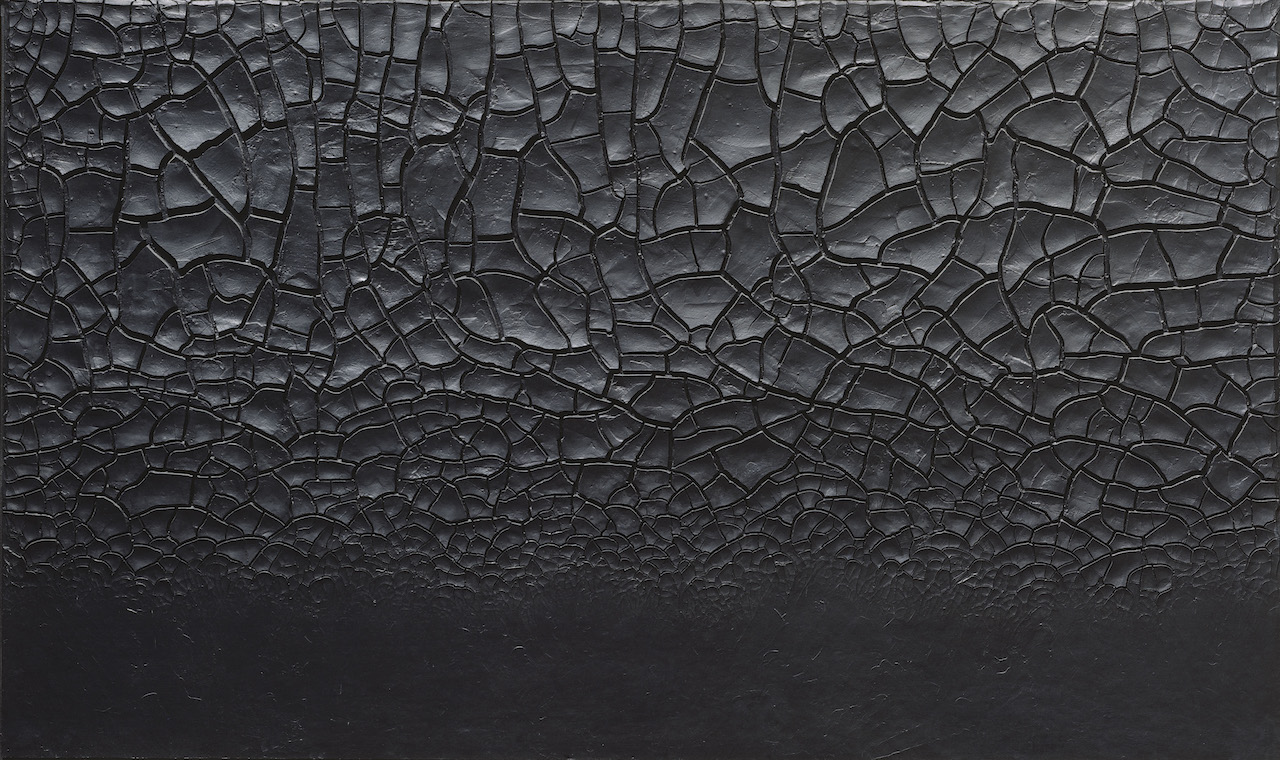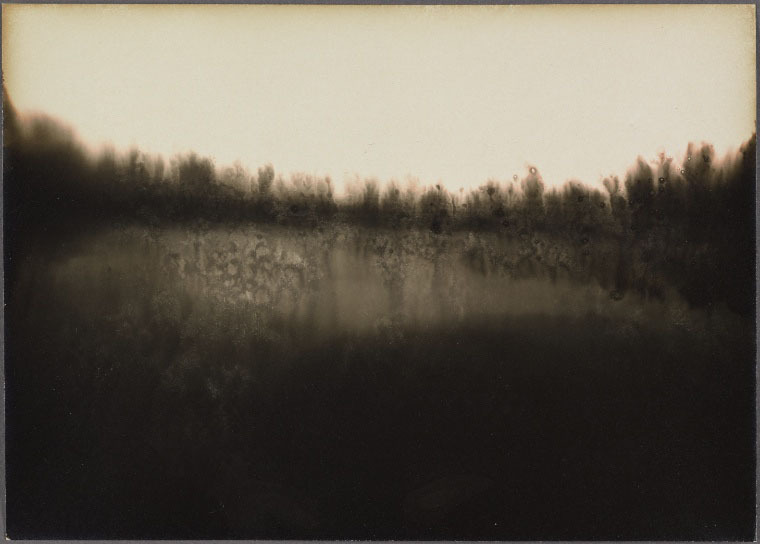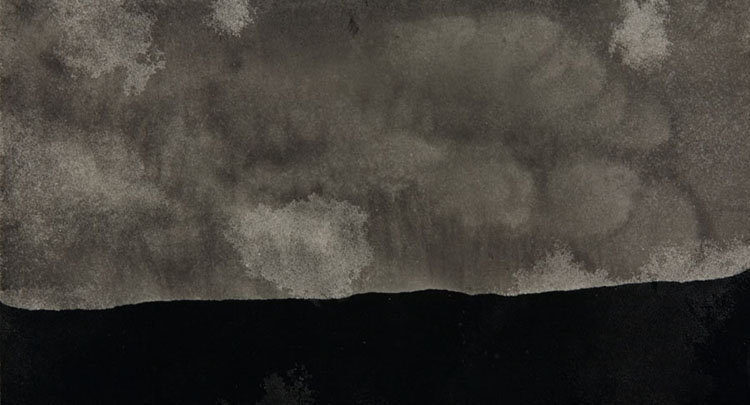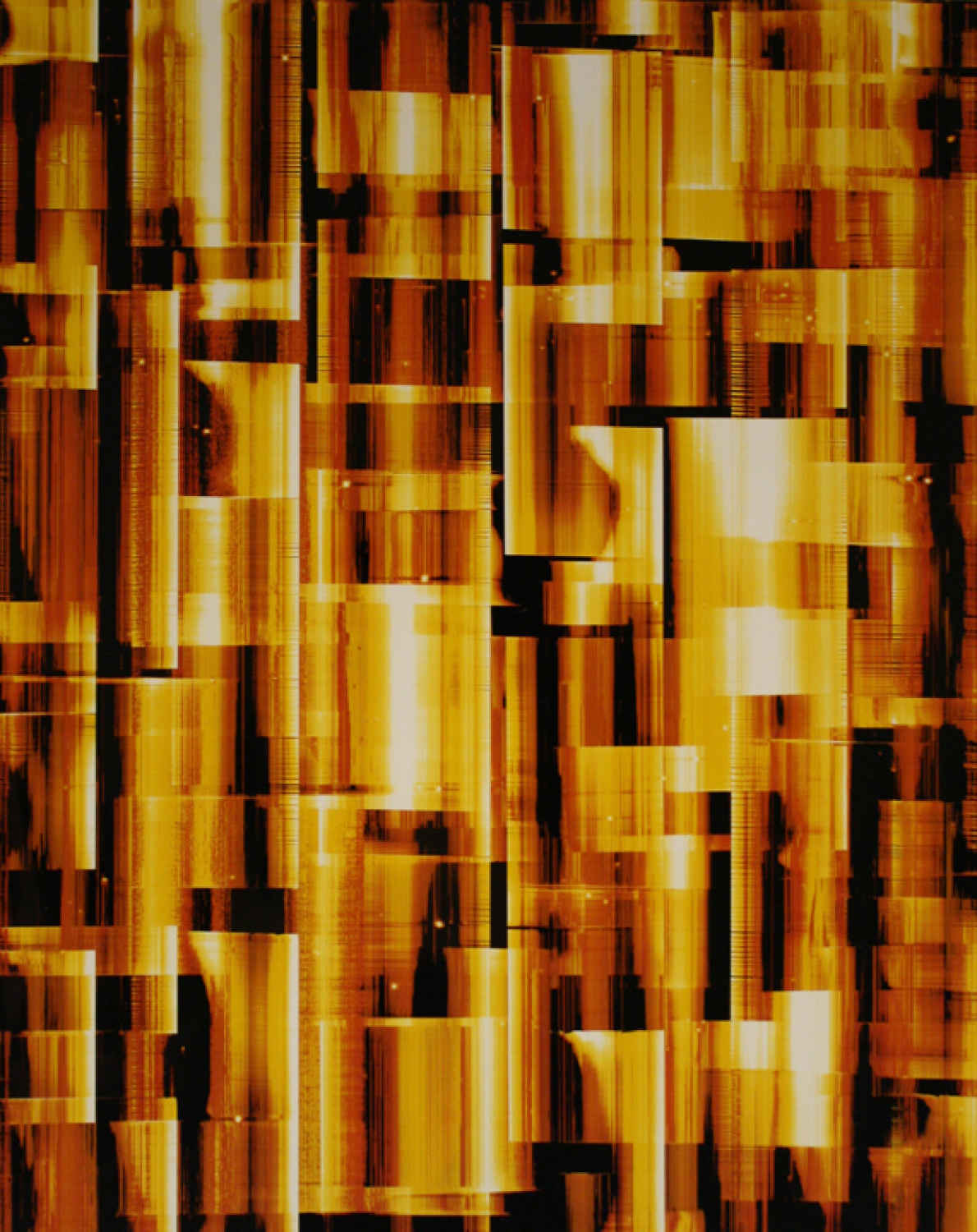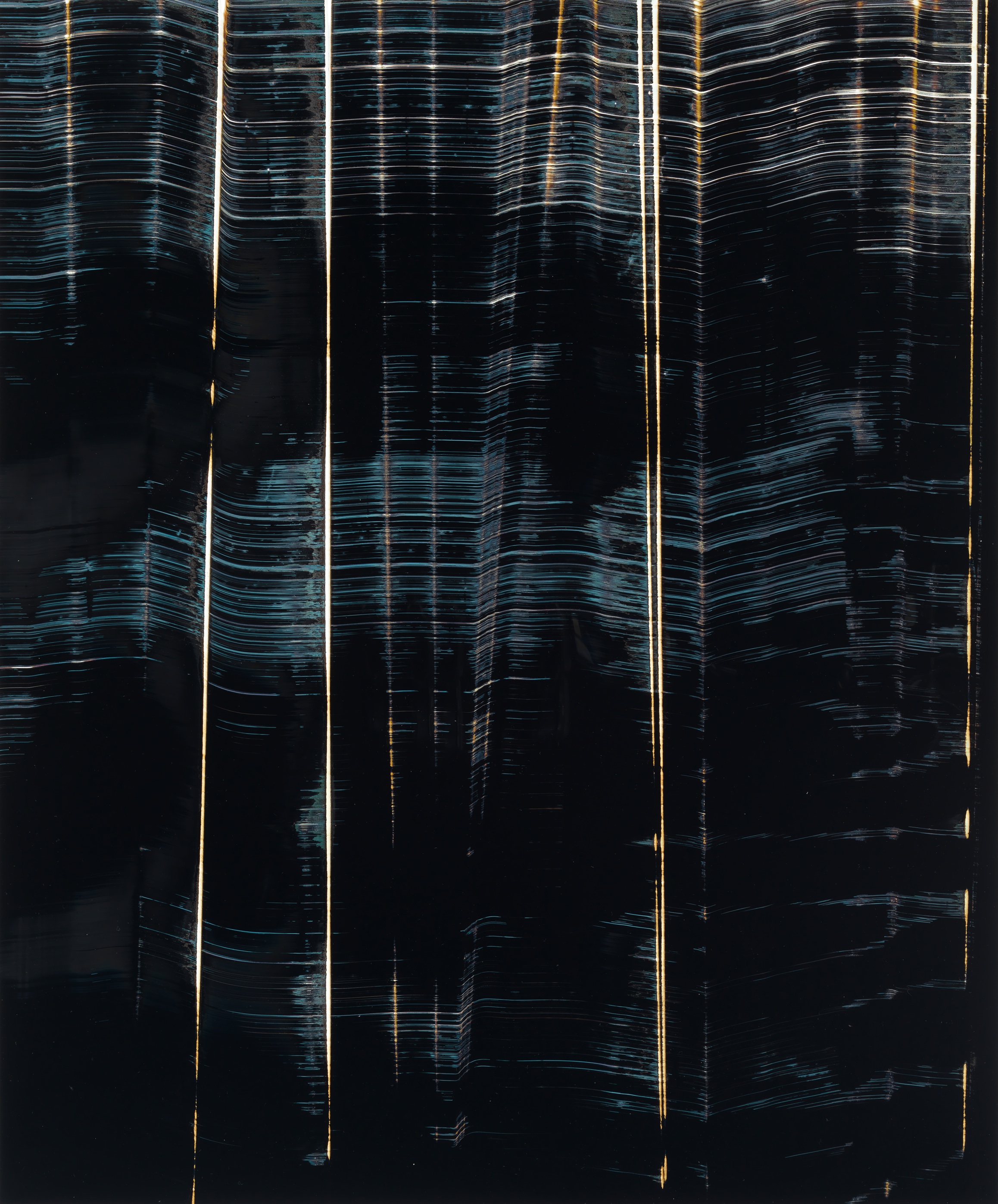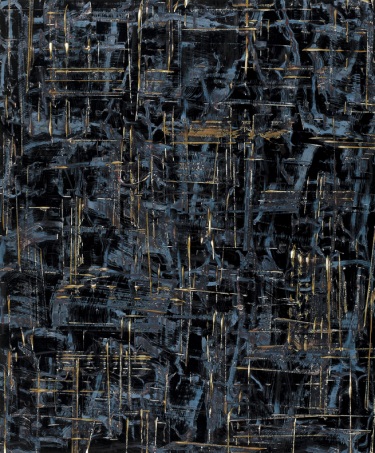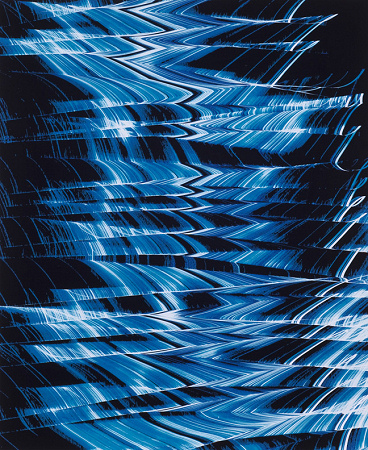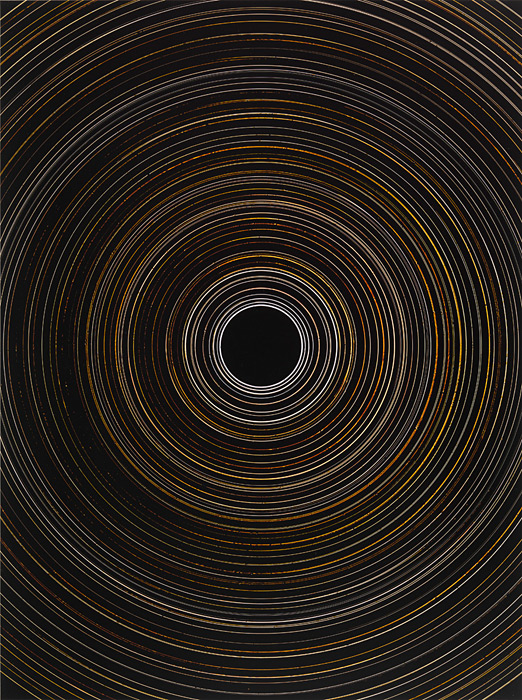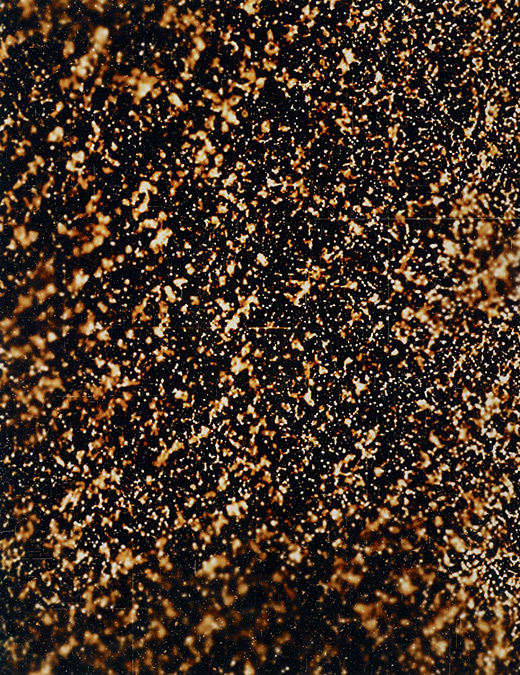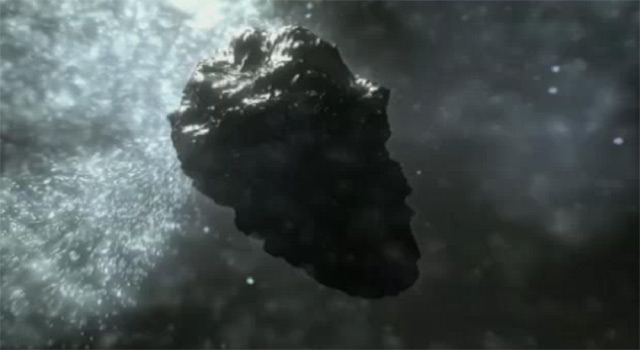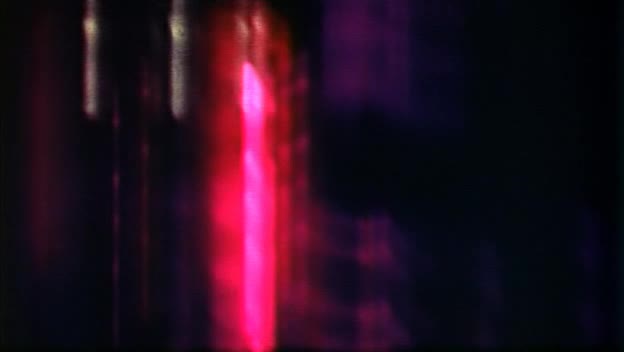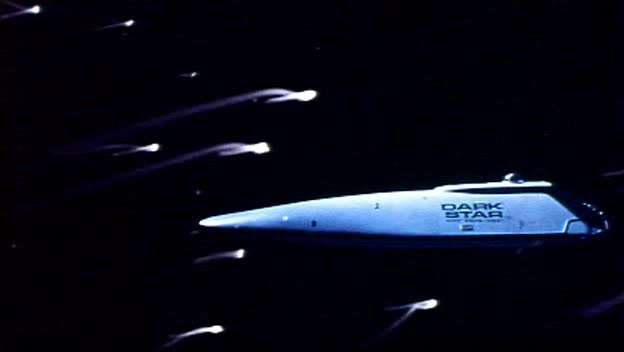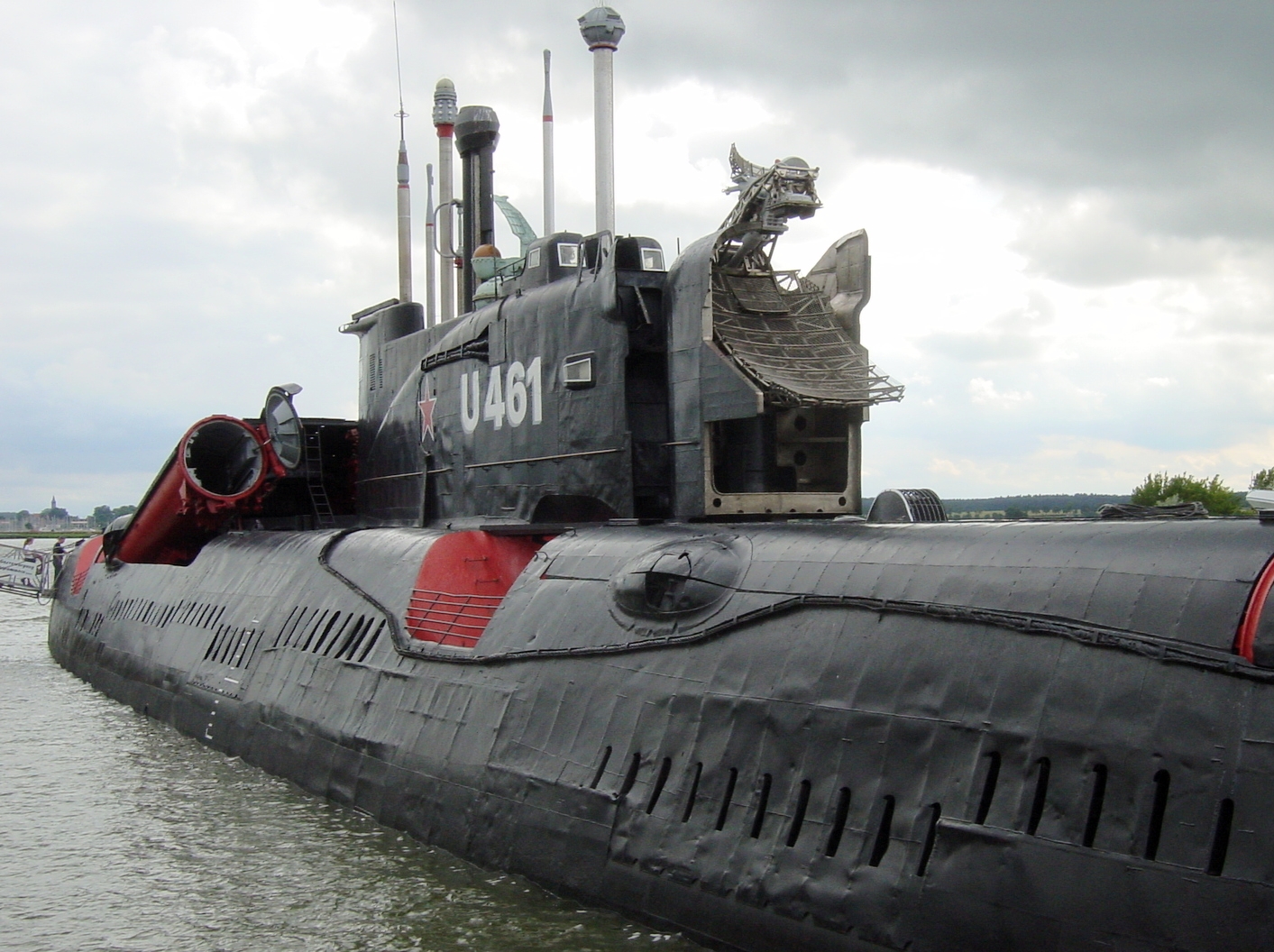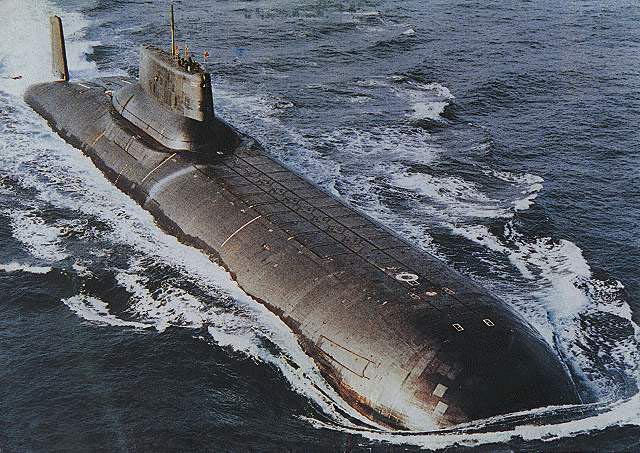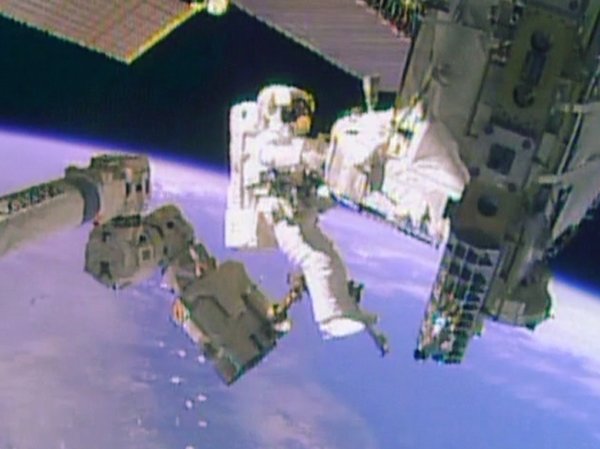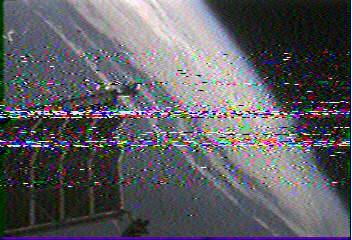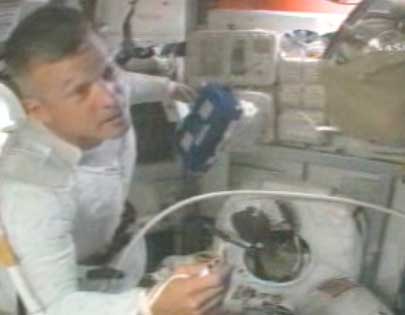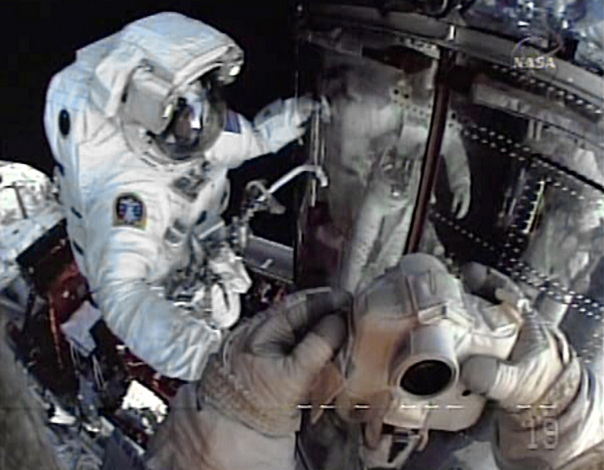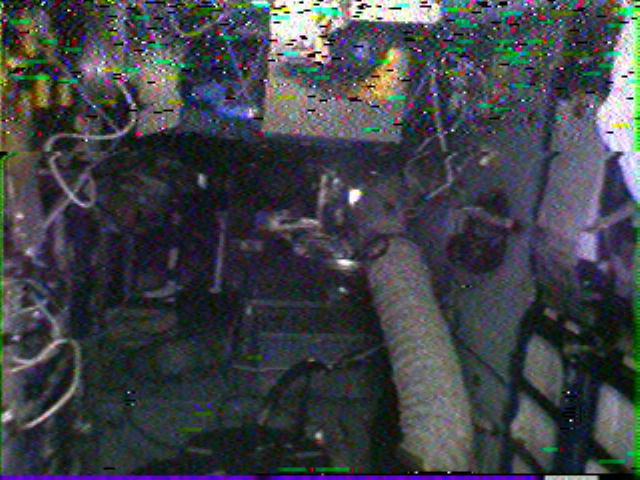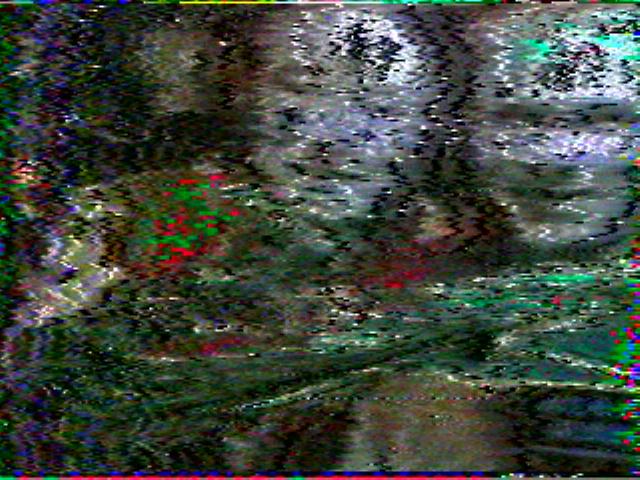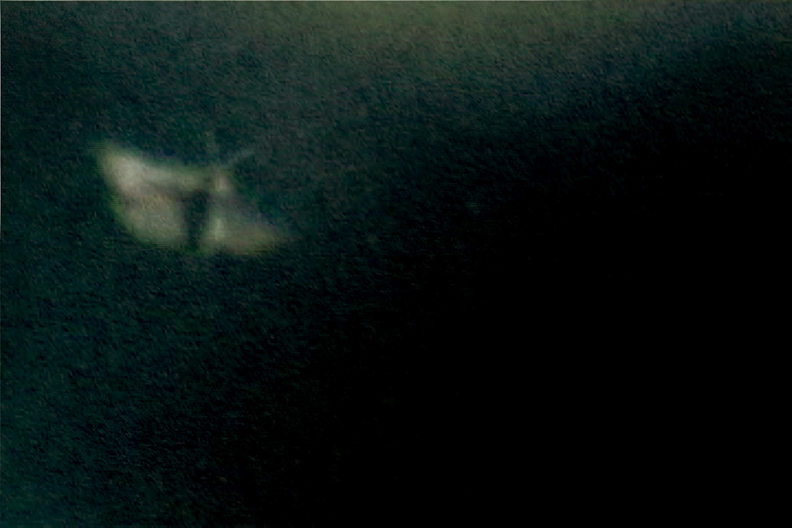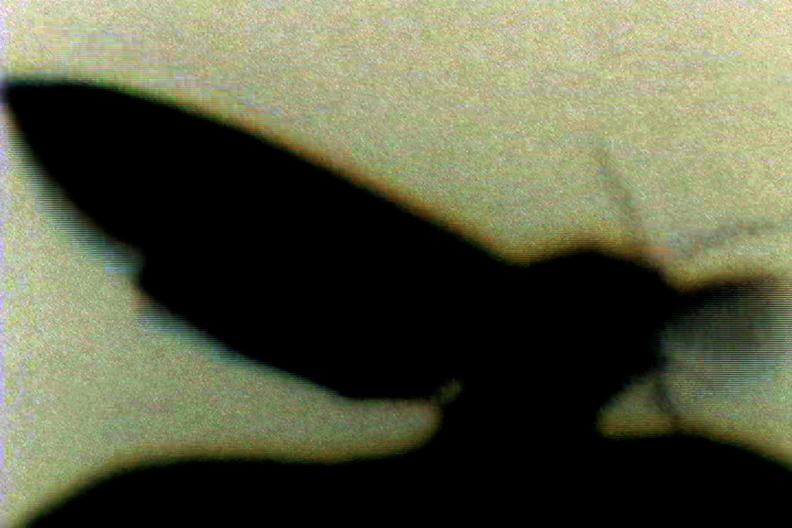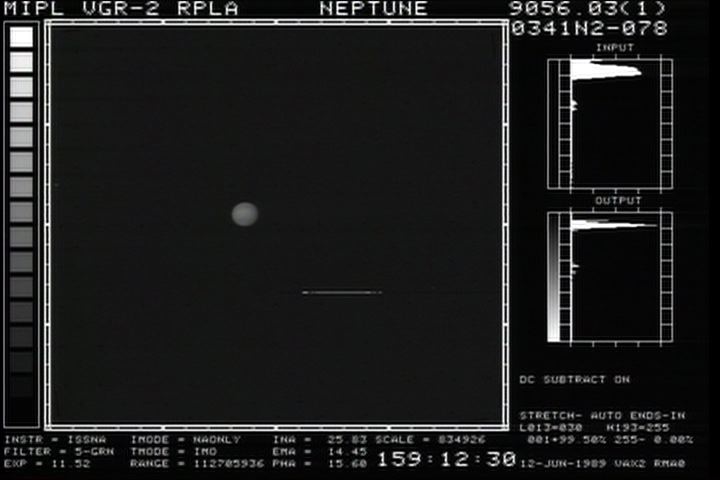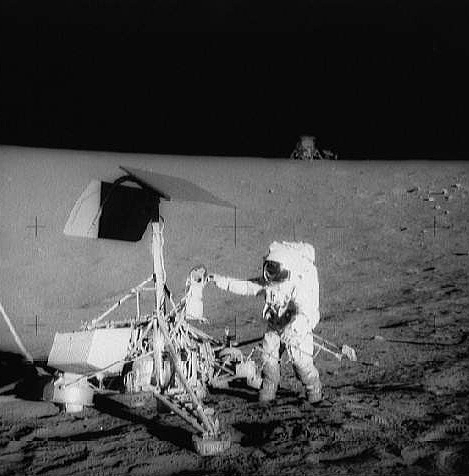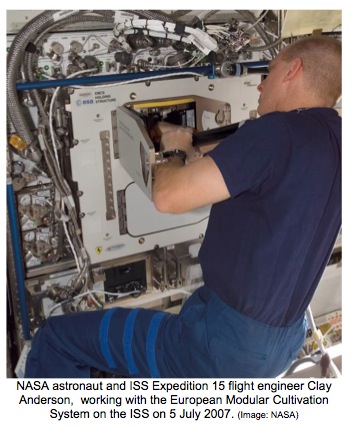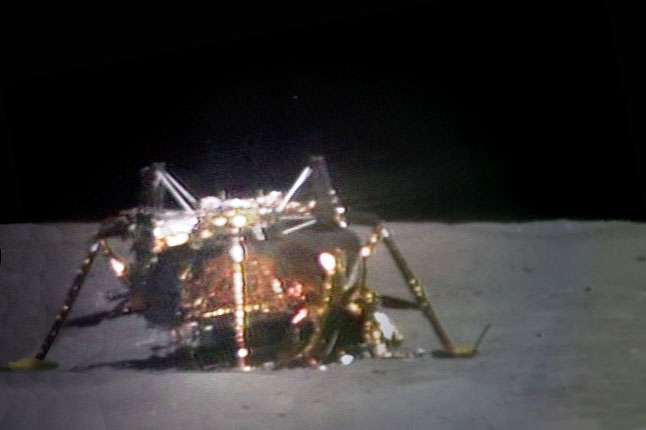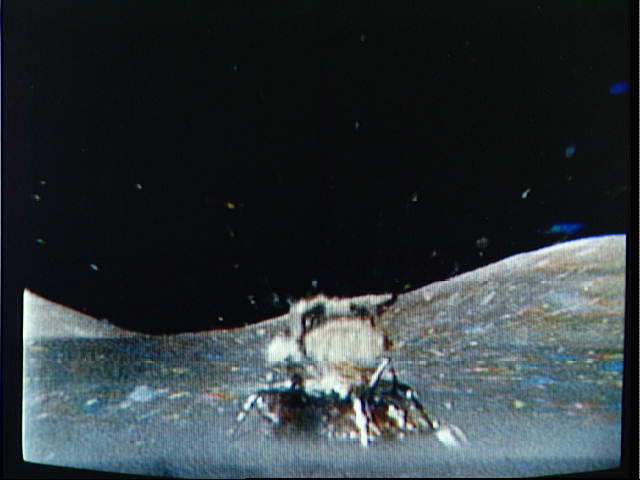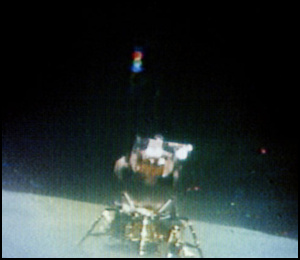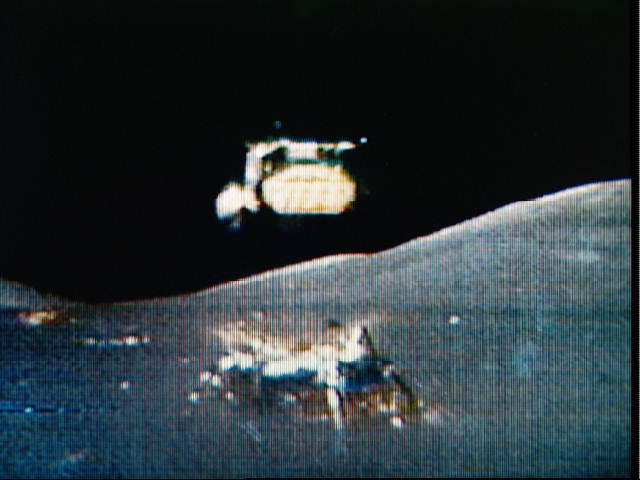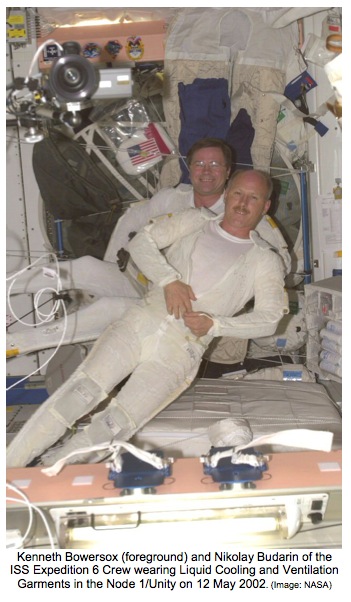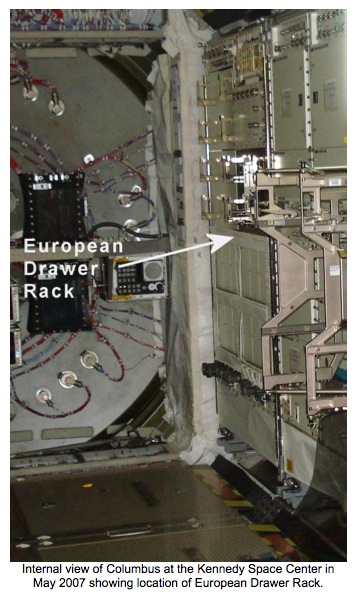Inspiration
The original title of the film was Ad Inexplorata (“Toward the Unknown,” motto of the Edwards Air Force Base in Nevada, location where sound barrier was broken, Apollo was tested, etc.). I’m pleased that the last thing on screen in the credits is still © 2016 Ad Inexplorata, LLC
The character name William D. Stanaforth is taken from The Mountain Goats song “Fall of the Star High School Running Back.” (I switched around the name order.) I don’t imagine my character a teen drug dealer, but the tone of tragic hubristic collapse is fitting. John Darnielle is a fabulous narrative songwriter, and I wish my films could pack as much pathos into them as he does over and over and over in less than three minutes a pop.
“A souvenir of the unseen.” —Rebecca Solnit, Field Guide to Getting Lost
“A system of pulleys and wires to illuminate the moon with power lines.” — Brent Green
Simone Weil, Gravity and Grace. “...a religious, spiritual anarchism. To starve oneself to avoid the gravity of the world. To see beauty, then “to come down” by a movement in which gravity plays no part.”
Gordon Matta-Clarke: A nostalgia for that which is not yet destroyed.
Bas Jan Ader’s “Fall” films. Stanaforth will hang from the roof for as long as he can. Editing pace slows: cut, cut, cut, cut, then still. Then fall. “This is inevitable. This is eternal.”
Yves Klein’s “The Leap Into the Void” was published under the caption, “A Man In Space,” as a parody of the Cold War space race (among other ideas).
Cabinet, issue 30: “Underworld: An Interview with Rosalind Williams.” “...Once nature is subjected to scientific rationalization, it ceases to be a vital source of human meaning and becomes a matter of fact rather than a matter of value. Modern science, they claim [Louis Mumford and Carolyn Merchant], views nature as devoid of any symbolic aura or spiritual significance -- not a living world, but a dead mine.” ...Perhaps the astronaut rebels against the science.
“We are a whisper in a dark, noisy room.” Jason Armagost, “The Western Cannon,” Harper’s (September 2008) An Air Force pilot’s journals on the first bombing run of the Iraq War.
Cut dialogue: “I can’t see anything, but I can feel space out there.”
Cabinet, issue 30, “Caveman: An Interview with Michel Siffre.” Siffre lived underground in a cave for months at a time conducting experiments on his experience of time. He found that his sleep cycles exceeded 24 hours, usually reaching 36 hours awake and 12 hours asleep. The more you dream, the more responsive you are the next day. Every day he would count to 120, trying to count one second at a time. It took up to 5 minutes. So his time was slowed down. When he was told to come out, he thought he had another month. The French Army funded much of his research, trying to find ways to make soldiers more productive. ...How would the astronaut experience time?
The beginning of the Modern Age corresponds (roughly) to the end of the Age of Exploration. Once Scott has reached the pole, Hilary the summit, Stanley the end of the Congo -- once the world has all been explored and revealed to be finite -- then Freud, Picasso, Joyce begin to explore the limitless interior of the mind. Space exploration is post-modern exploration: mankind is exploring a new terrain, an unknown, but we are not battling with the elements of space the way we battled with the elements of the Earth. Instead, we battle ourselves in an infinite void.
Thoreau: “But lo! Men have become the tools of their tools” and have “no time to be anything but a machine.”
“I am a pioneer in a great new age in which I don’t believe.” — Jim Shepard, Sans Farine.
Stanaforth should always be asking what the weather is like.
Cut dialogue: “I remember a leaf, an imprint, no, an imprint of a leaf, in— in a sidewalk, in the cement. And I remember thinking how amazing it was that something so fragile, as a leaf, could . . . make an impression, leave a mark, eternally, in something so solid as cement. Like a fossil. . . . To leave a lasting impression. [a gesture with his hands]. Impression. Impression. | I remember piles of leaves, uhh, dry, red, and orange, yellow, green, some green, brittle. Leaves. But you know what I can’t remember. I don’t, I don’t remember how leaves on trees move. It’s like [a hand gesture jumping back and forth; not free flowing, not like leaves], I can’t picture them moving. How do leaves get from . . . they rustle. They wave . . . but I can’t picture it.”
Cut dialogue: “I’ve had an ache for Earth my whole life.”
Cut dialogue: “How many lives are endurance tests, without the thrill of a destination?”
“Professional warriors are not fatalists. In their minds, there is no such thing as defeat so long as they are still fighting, even from prison. That belief is why true soldiers have an affinity for seemingly lost causes.” - Robert D. Kaplan
“It is an astounding fact that the expenditure for the 15 U. S. naval expeditions from 1840-1860 approached one quarter of the annual federal budget, by far exceeding even the Apollo commitment.” – Steven J. Dick, NASA Chief Historian
“They did it, and they did it with smarts, pluck and -- against all odds in a technogeek culture -- style. Spaceflight requires exquisite planning as well as improvisation. Apollo 11 represented that in the extreme. Years in the making, with a supporting cast of tens of thousands, the mission ultimately depended on Neil Armstrong flying the lunar module over a boulder field with only seconds of fuel to spare. Nelson describes the landing so vividly that the engrossed reader isn't sure that Armstrong and crewmate Buzz Aldrin are going to make it. Nelson places Apollo 11 in a broader narrative of American engineering genius. Our society, he argues, does not adequately appreciate the technological feats that make our culture possible: "the big pipes, the vast roads, the power grids, the dams, and the people-and-cargo-carrying vehicles of heroic engineering and big science." ... “The can-do attitude is so embedded in the space-cowboy psyche that it's almost impossible for the astronauts to admit that the whole thing is shot through with uncertainty, doubt, fear, occasional despair, a little bit of grief and a lot of night sweats. Michael Collins, the third Apollo 11 crewman, said that if someone asked him during a spaceflight how he felt about something, he'd answer, "What? Huh? I don't know how I feel about that, you want the temperature, you want the pressure, you want the velocity, you want the altitude, what do you mean, how do I feel about that?" — Joel Achenbach, Washington Post Book World, reviewing Rocket Men, by Craig Nelson
"To me, the science that comes out of Curiosity is much less compelling than the gesture of getting there." – Adam Steltzner, NASA Mars Curiosity landing engineer, in the New Yorker. [Adam had an acting role in the film. He was amazing: charismatic, compassionate, funny. Unfortunately, as the storyline evolved in the edit, his section of the movie didn't fit, and we sadly had to cut his main part. You can still hear his voice in the "civilian interviews," saying basically what he says here above.]
From the Negative 71st Parallel, (Near) End Transmission (by Michael Becker, a doctoral student at McGill University and a scientific diver on an expedition to Lake Untersee in Antarctica.)
Dec. 18, 2012: I’m not a spiritual person, but I will be the first to admit that this place has a special energy and an allure compelling me to return. The idea of coming back still excites me as I write from this tent: tired, worn, and dirty from not showering in over a month.
But you don’t have to come all the way here to experience that. You can find that sense of excitement and adventure lingering in just about any part of the natural world. I’ve never understood those who don’t feel that twinge of excitement when they look at a world map — those who don’t feel compelled to walk out their front door and see something new; or to hike to their destination rather than drive; or to see something just because it’s there; or to experience even the small adventures this world has to offer.
But that’s what I want for us all to feel, and that’s the sense that I’m left with tonight: excitement. Excited about what an experience this has been, excited for whatever destination lays ahead, and excited for that damned shower. With that, I leave you at the end of this Antarctic season with this concise summation of my thoughts, and I thank you for reading.
“’I’m bored’ is a useless thing to say. I mean, you live in a great, big, vast world that you’ve seen none percent of. Even the inside of your own mind is endless – it goes on forever inwardly, you understand? The fact that you’re alive is amazing, so you don’t get to be bored.” –Louis C.K.
In 1969, Robert R. Wilson was called to justify the multimillion-dollar machine to the Congressional Joint Committee on Atomic Energy. Bucking the trend of the day, Wilson emphasized it had nothing at all to do with national security, rather: “It has only to do with the respect with which we regard one another, the dignity of men, our love of culture. It has to do with: Are we good painters, good sculptors, great poets? I mean all the things we really venerate in our country and are patriotic about. It has nothing to do directly with defending our country except to make it worth defending.” —Robert R. Wilson, an American physicist who was a group leader of the Manhattan Project, a sculptor, and an architect of Fermi National Laboratory (Fermilab) (via Wikipedia)
Camus describes his love of the sea, "A call to life and an invitation to death."
Two Lane Blacktop, Meek’s Cutoff, A Man Escaped, Stalker...
Kim Stanley Robinson’s Mars series; Nathaniel Philbrick’s In The Heart of the Sea: The Tragedy of the Whaleship Essex.
The artwork of Mike and Doug Starn, Adam Fuss, Alberto Burri, Alison Rossiter, Marco Breuer...
Cut dialogue: “I have no location.” “I have a location only in time. I am 4 months from Earth, 5 months from Mars.”
Stanaforth is like a man who has a terminal disease, in that he has no more control over his life, only control over how he chooses to live it out. And, of course, he chose to have a terminal disease.
Cut dialogue: “America wants people to die for her. Maybe all societies do. They want heroes and martyrs. People for whom death is something greater than a match burning out. And it justifies their own ideals. It says that America is something worth living for, because it’s something worth dying for. Like Jesus’ death is reason enough to live.”
Rimbaud: I'm now making myself as scummy as I can. Why? I want to be a poet, and I'm working at turning myself into a seer. You won't understand any of this, and I'm almost incapable of explaining it to you. The idea is to reach the unknown by the derangement of all the senses. It involves enormous suffering, but one must be strong and be a born poet. It's really not my fault. I say that one must be a seer, make oneself a seer. The poet makes himself a seer by a long, prodigious, and rational disordering of all the senses. Every form of love, of suffering, of madness; he searches himself, he consumes all the poisons in him, and keeps only their quintessences. This is an unspeakable torture during which he needs all his faith and superhuman strength, and during which he becomes the great patient, the great criminal, the great accursed – and the great learned one! – among men. – For he arrives at the unknown! Because he has cultivated his own soul – which was rich to begin with – more than any other man! He reaches the unknown; and even if, crazed, he ends up by losing the understanding of his visions, at least he has seen them! Let him die charging through those unutterable, unnameable things: other horrible workers will come; they will begin from the horizons where he has succumbed!
“The Overview Effect” http://en.wikipedia.org/wiki/Overview_effect
“Solipsism Syndrome” http://en.wikipedia.org/wiki/Solipsism_syndrome
“We poor myopic humans, with neither the raptor's gift of long-distance acuity, nor the talents of a housefly for panoramic vision. However, with our big brains, we are at least aware of the limits of our vision. With a degree of humility rare in our species, we acknowledge there is much we can't see, and so contrive remarkable ways to observe the world. Infrared satellite imagery, optical telescopes, and the Hubble space telescope bring vastness within our visual sphere. Electron microscopes let us wander the remote universe of our own cells. But at the middle scale, that of the unaided eye, our senses seem to be strangely dulled. With sophisticated technology, we strive to see what is beyond us, but are often blind to the myriad sparkling facets that lie so close at hand. We think we're seeing when we've only scratched the surface. Our acuity at this middle scale seems diminished, not by any failing of the eyes, but by the willingness of the mind. Has the power of our devices led us to distrust our unaided eyes? Or have we become dismissive of what takes no technology but only time and patience to perceive? Attentiveness alone can rival the most powerful magnifying lens.” — Gathering Moss, by Robin Wall Kimmerer
“The most beautiful experience we can have is the mysterious. It is the fundamental emotion which stands at the cradle of true art and true science. . . . Neither can I nor would I want to conceive of an individual that survives his physical death; let feeble souls, from fear or absurd egoism, cherish such thoughts. I am satisfied with the mystery of the eternity of life and with the awareness and a glimpse of the marvelous structure of the existing world, together with the devoted striving to comprehend a portion, be it ever so tiny, of the Reason that manifests itself in nature.” — Albert Einstein, Ideas and Opinions. (Originally published in Forum and Century, Vol. 84)
"I could be bounded in a nutshell and count myself a king of infinite space / were it not that I have bad dreams." - Hamlet.
Cut dialogue:
Interviewer: “Do you think you'll find life on Mars?”
Stanaforth: “Yeah, me.”
Reference Images
I do not have the rights to these images, so apologies and thanks to all the photographers and sources. These are things we looked at when conceiving and designing the film.


